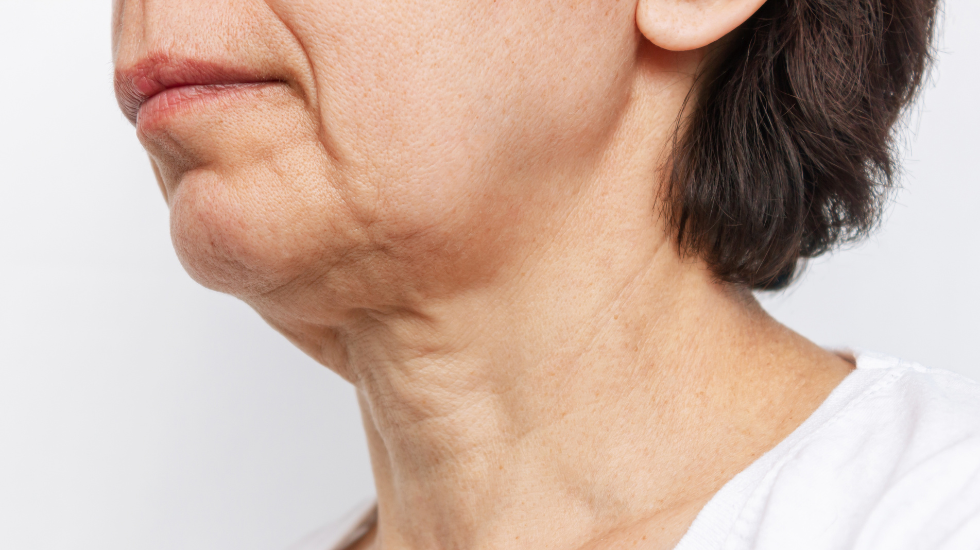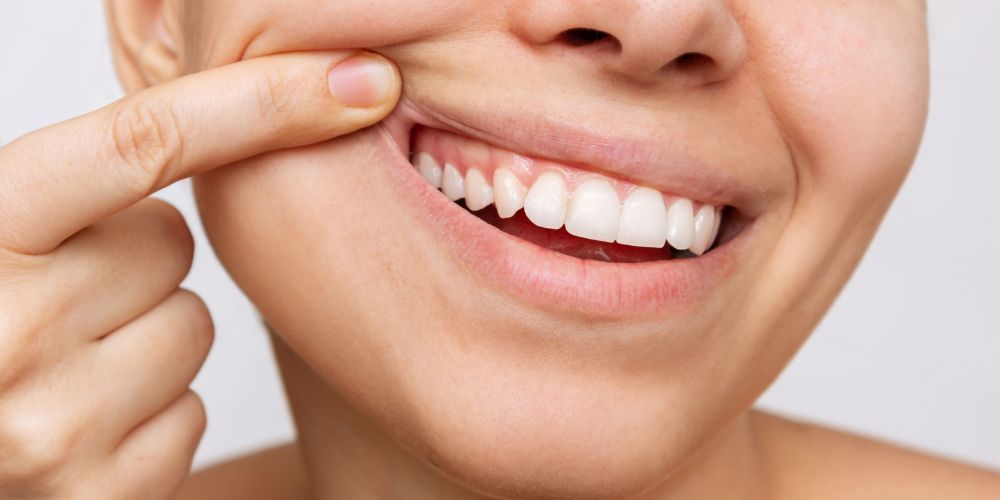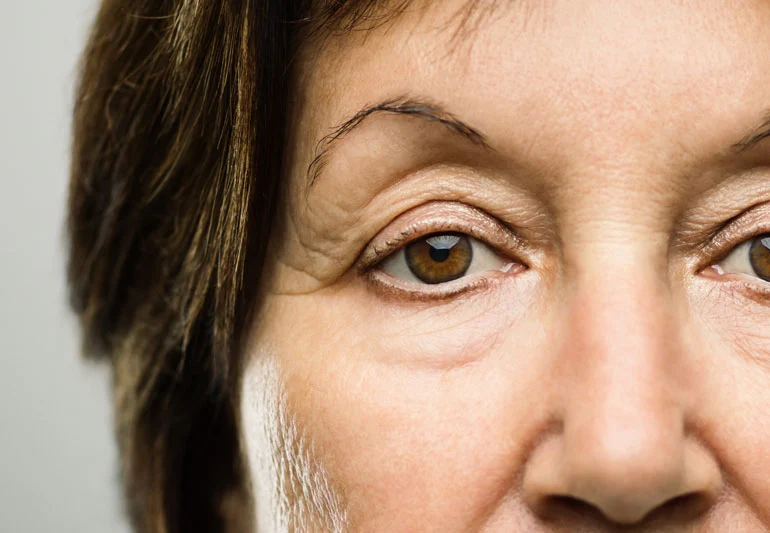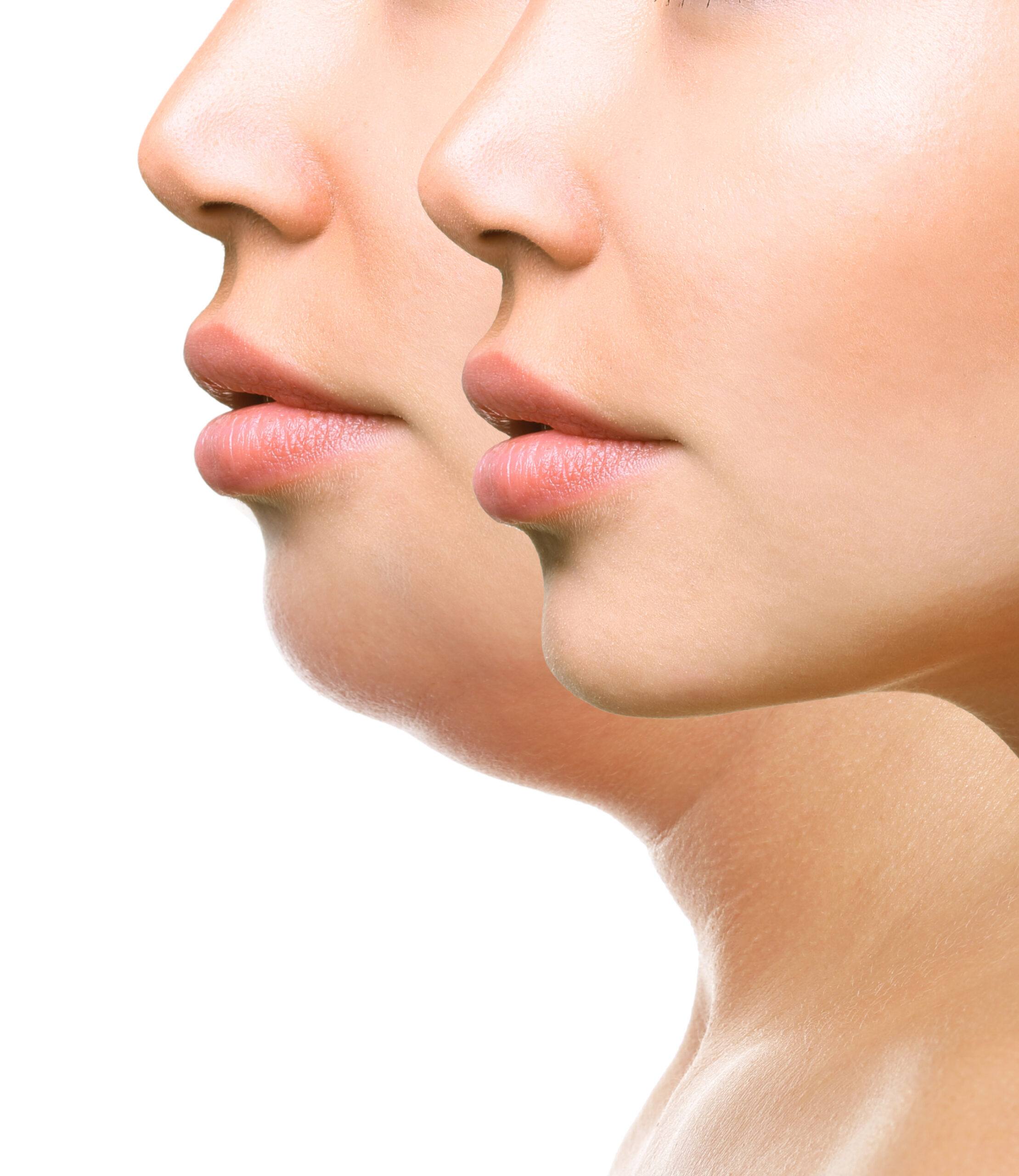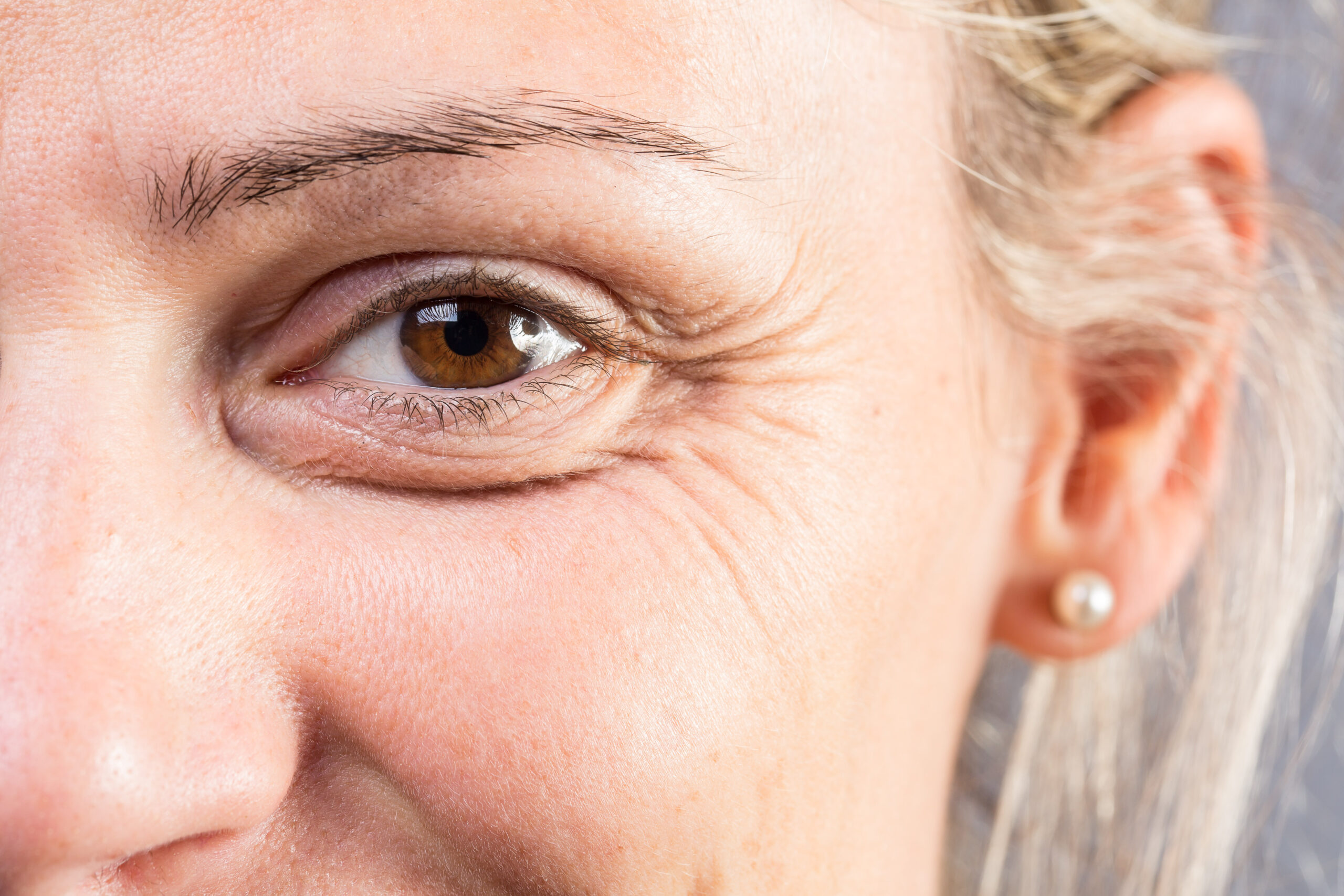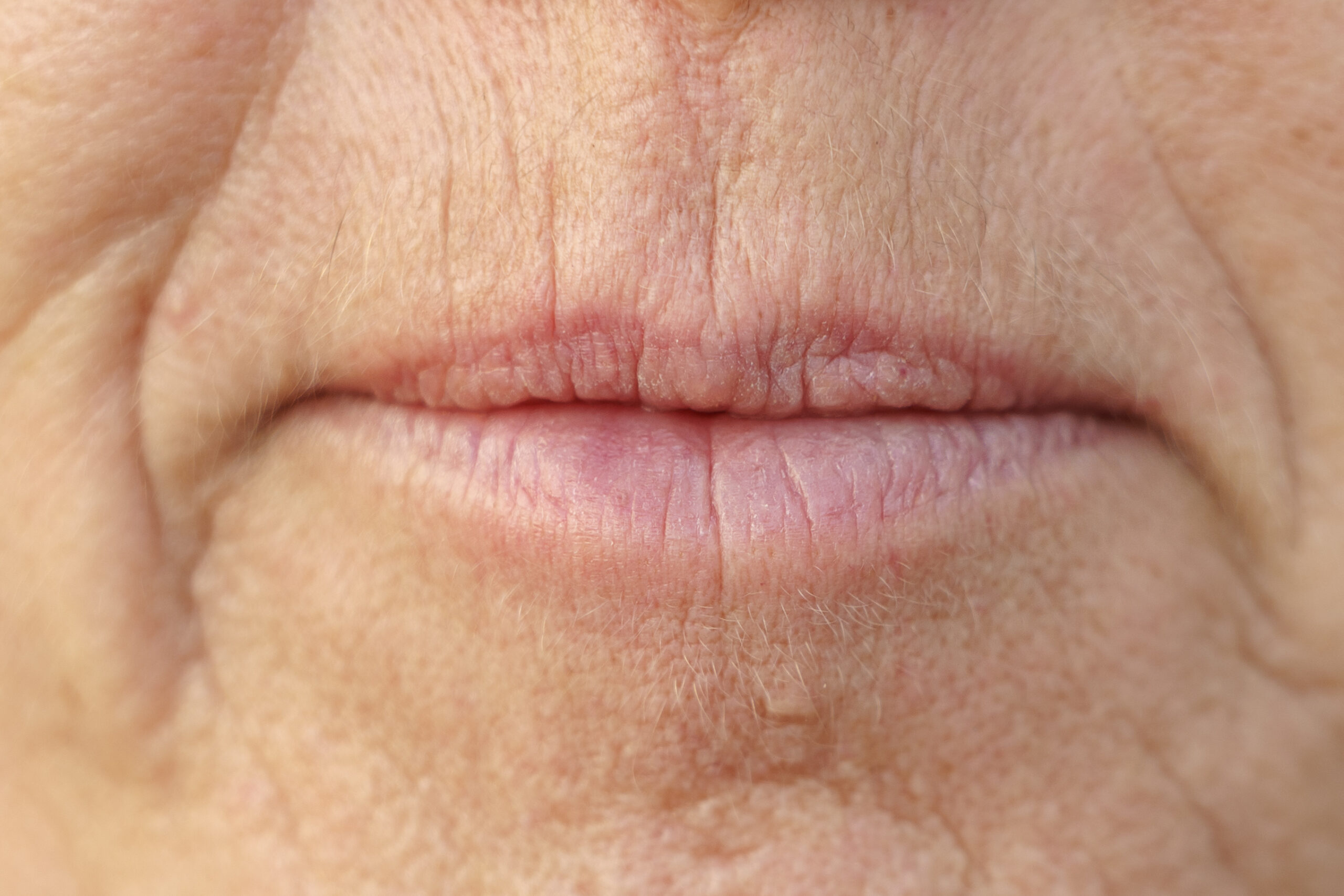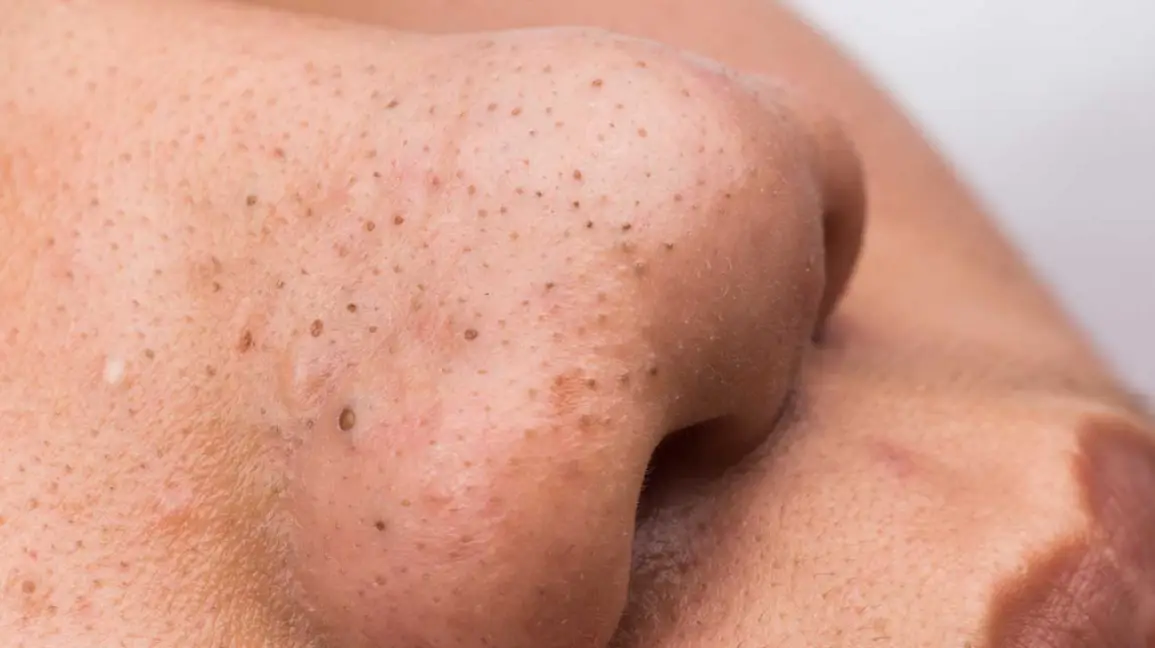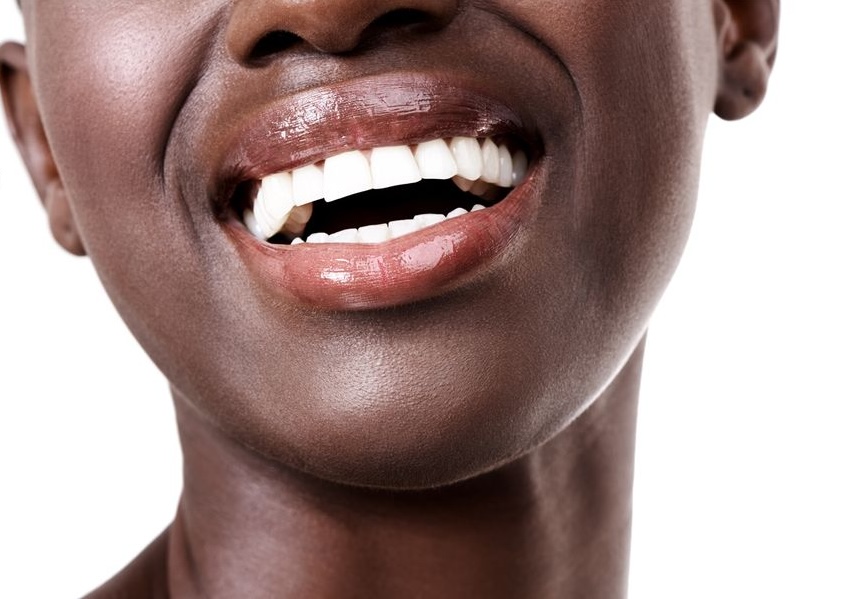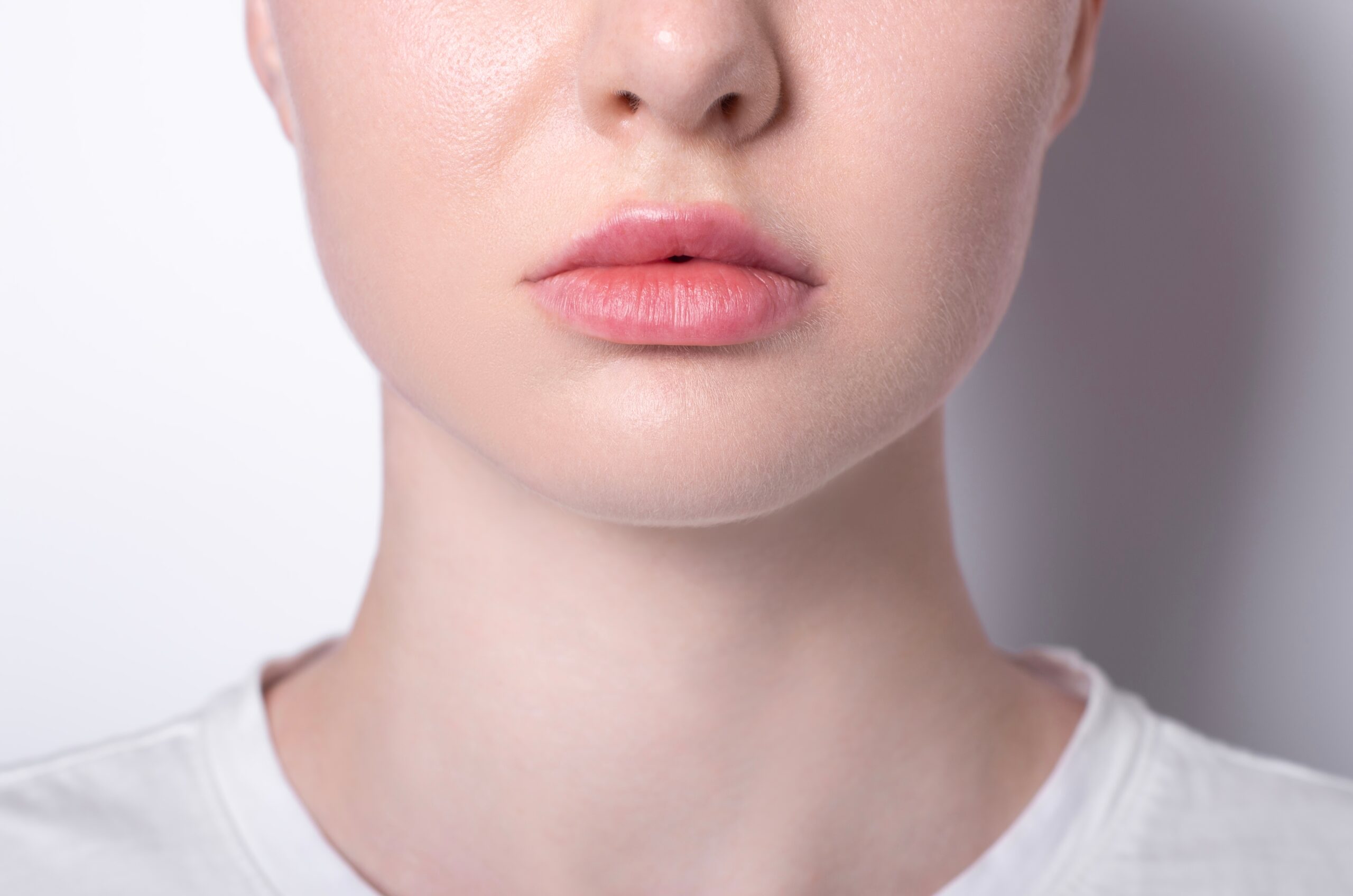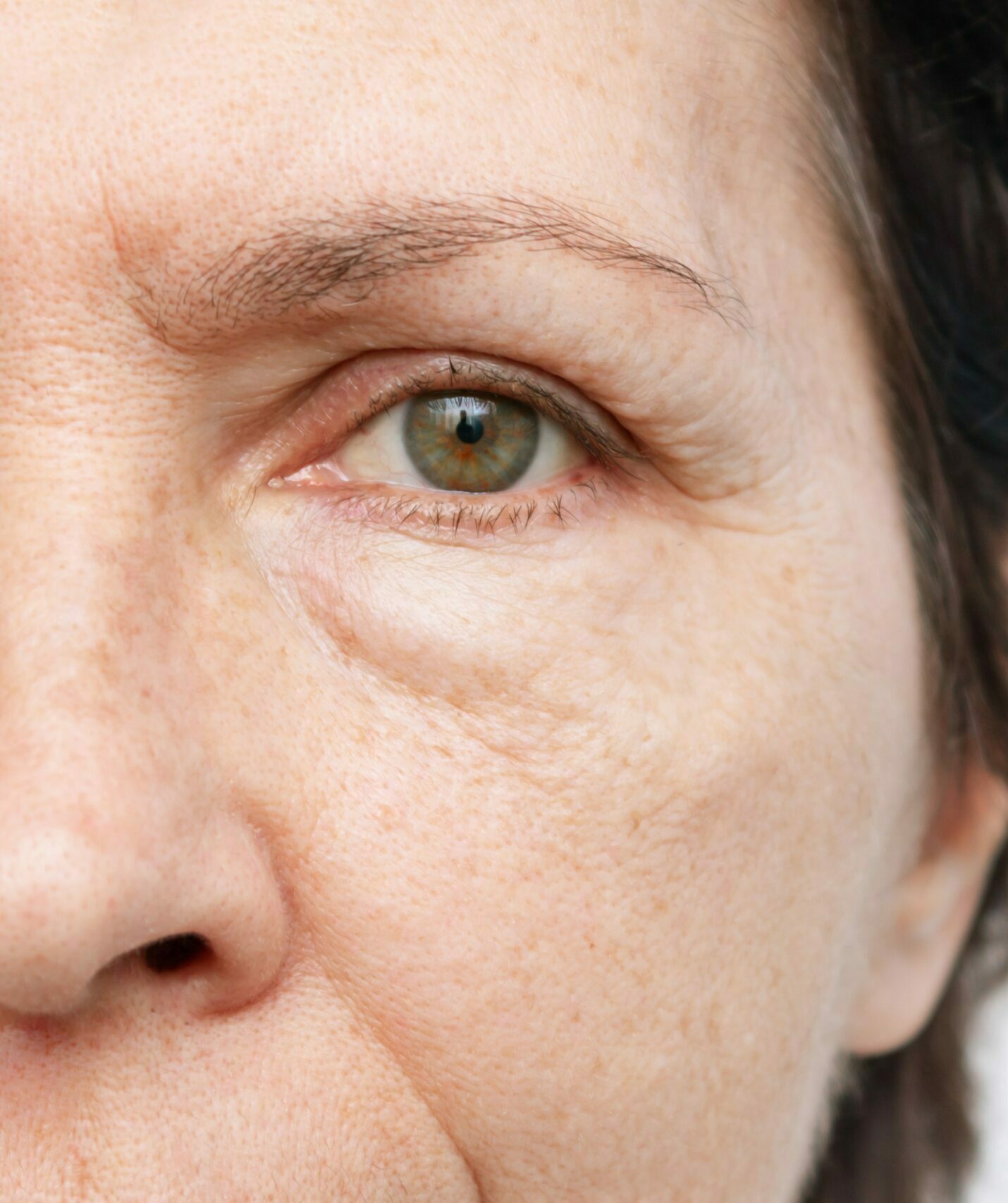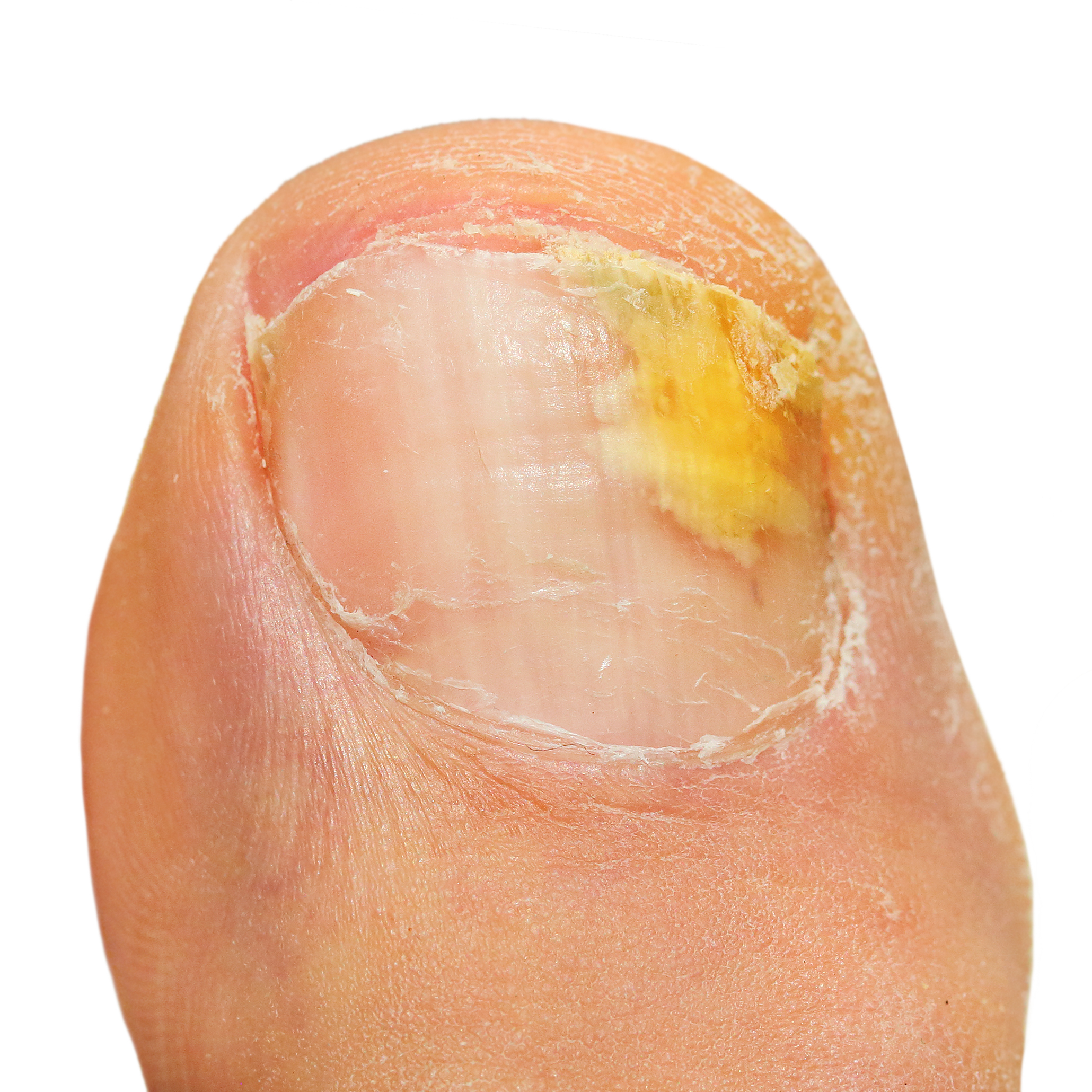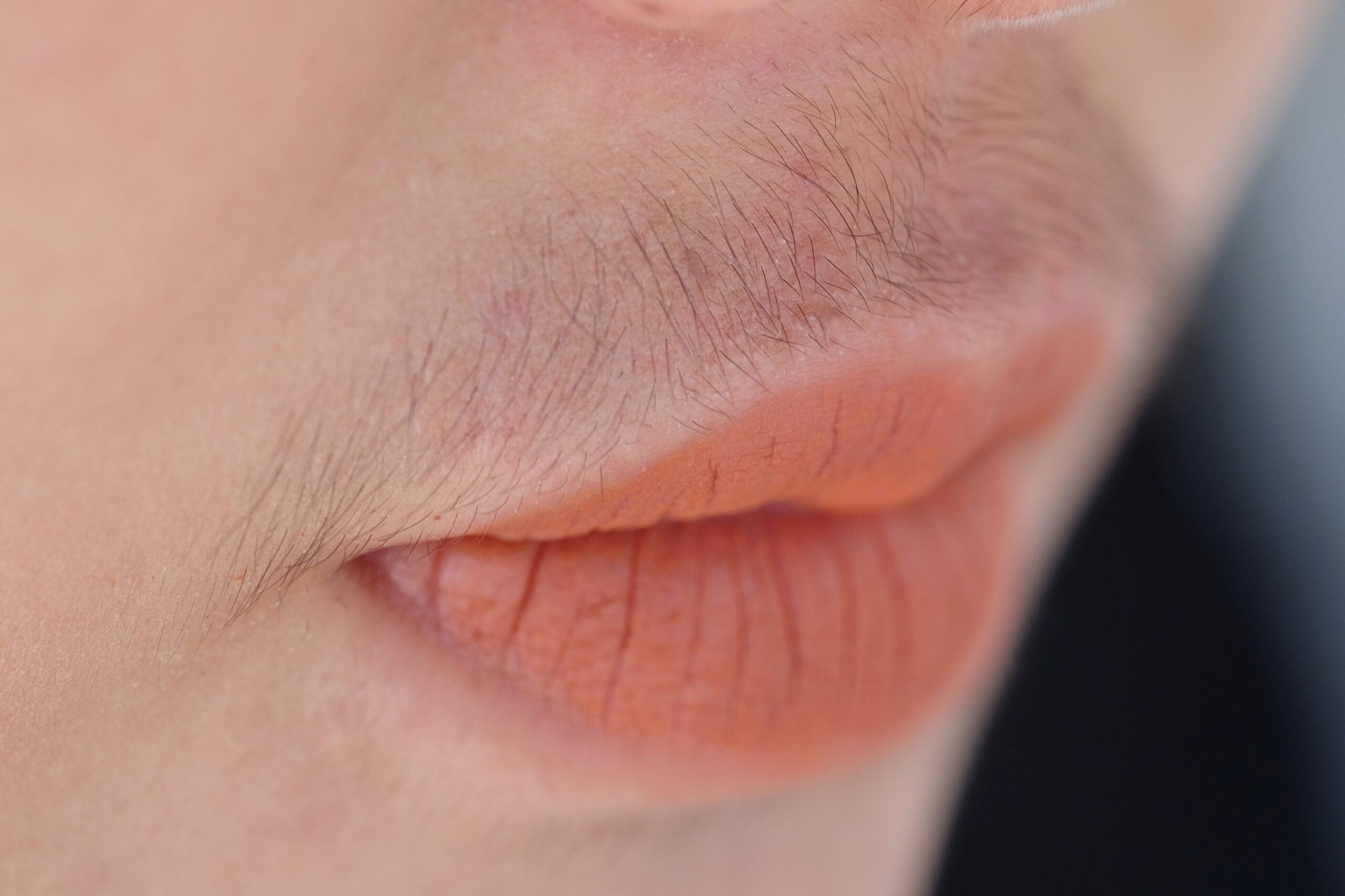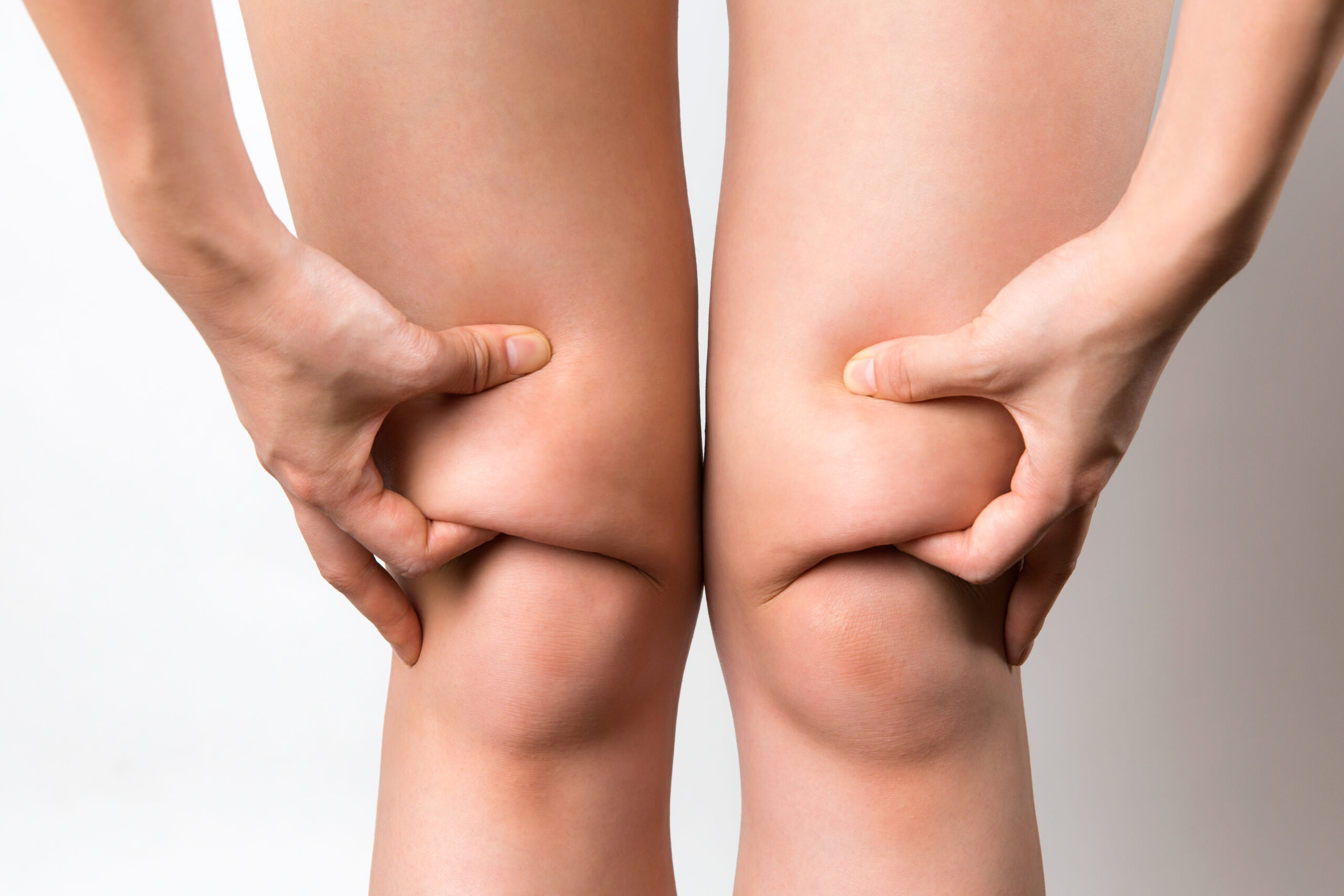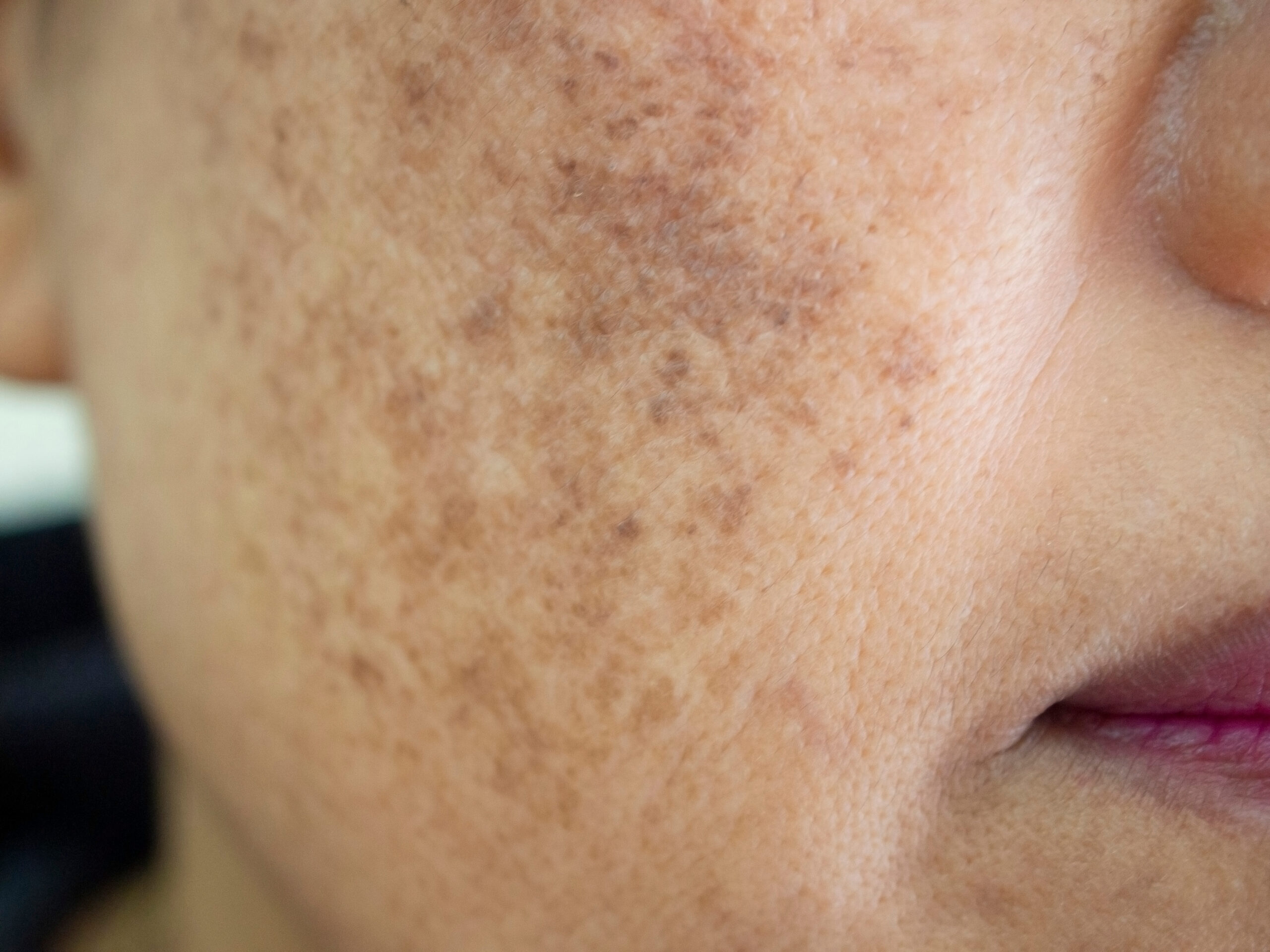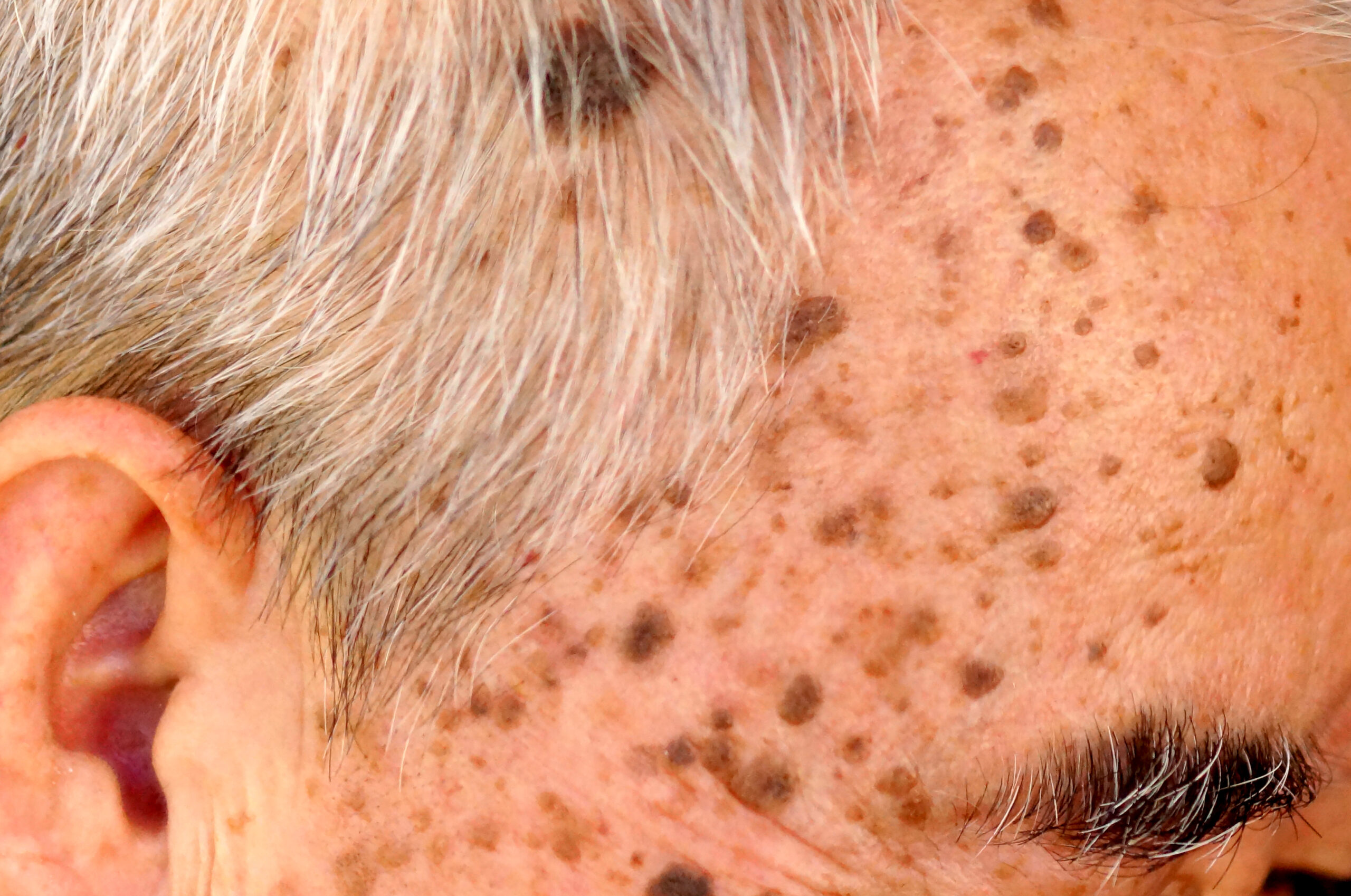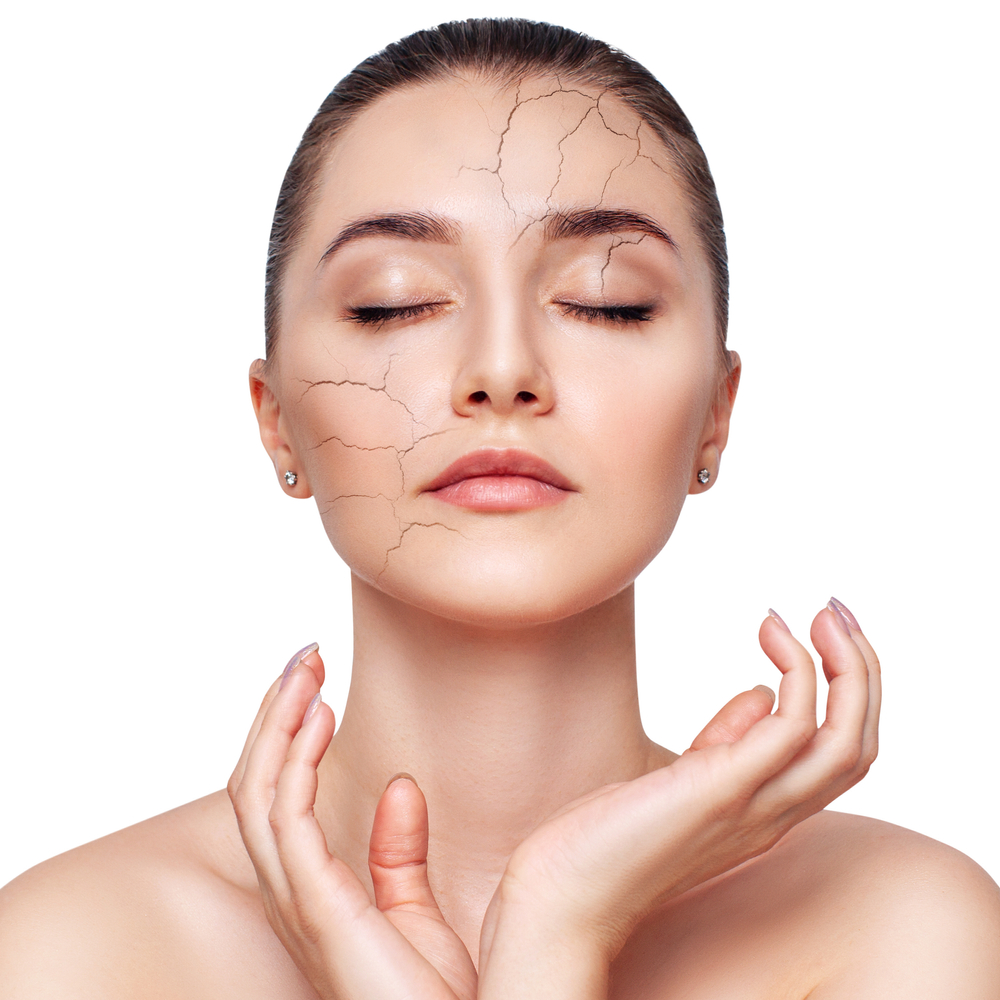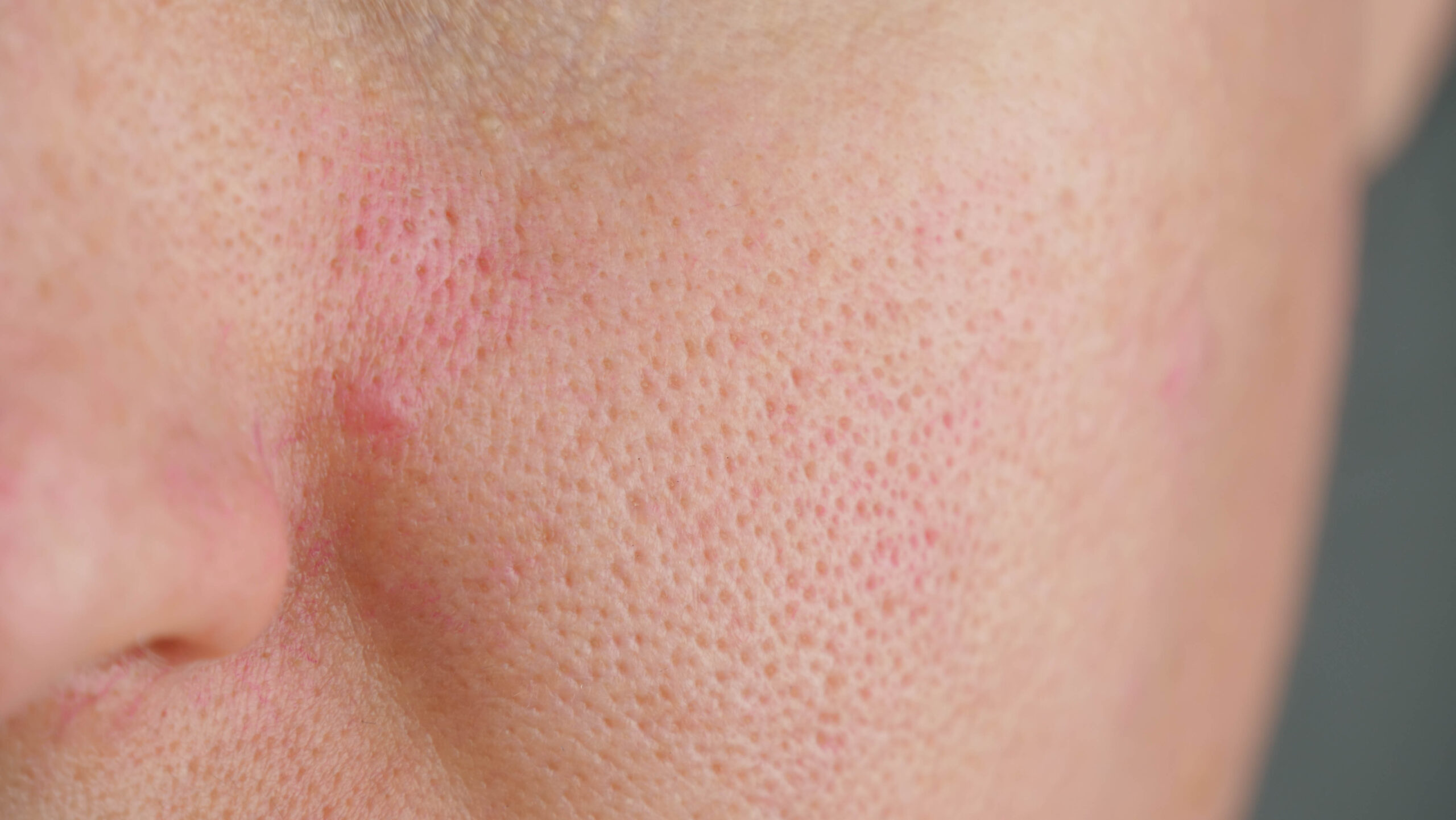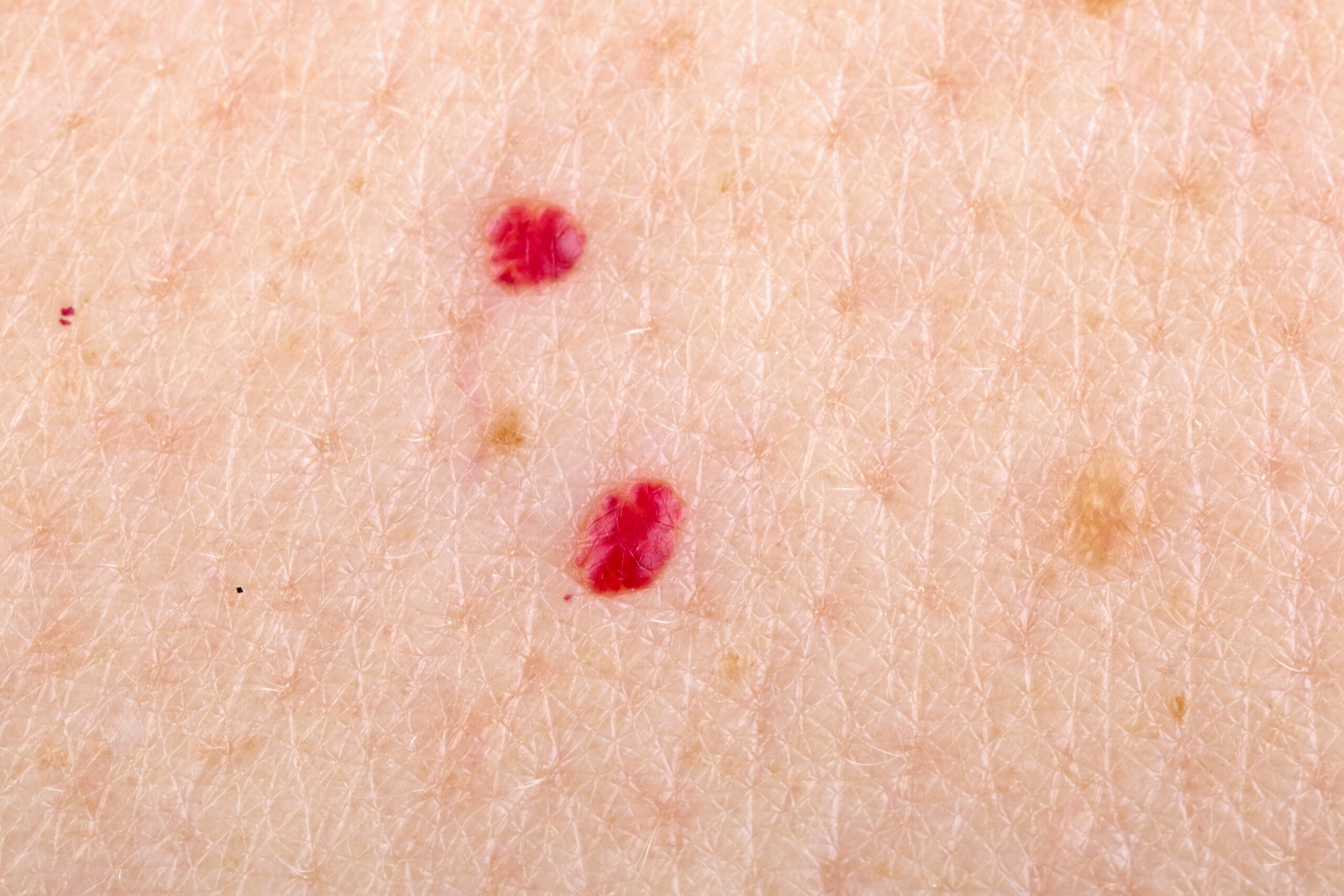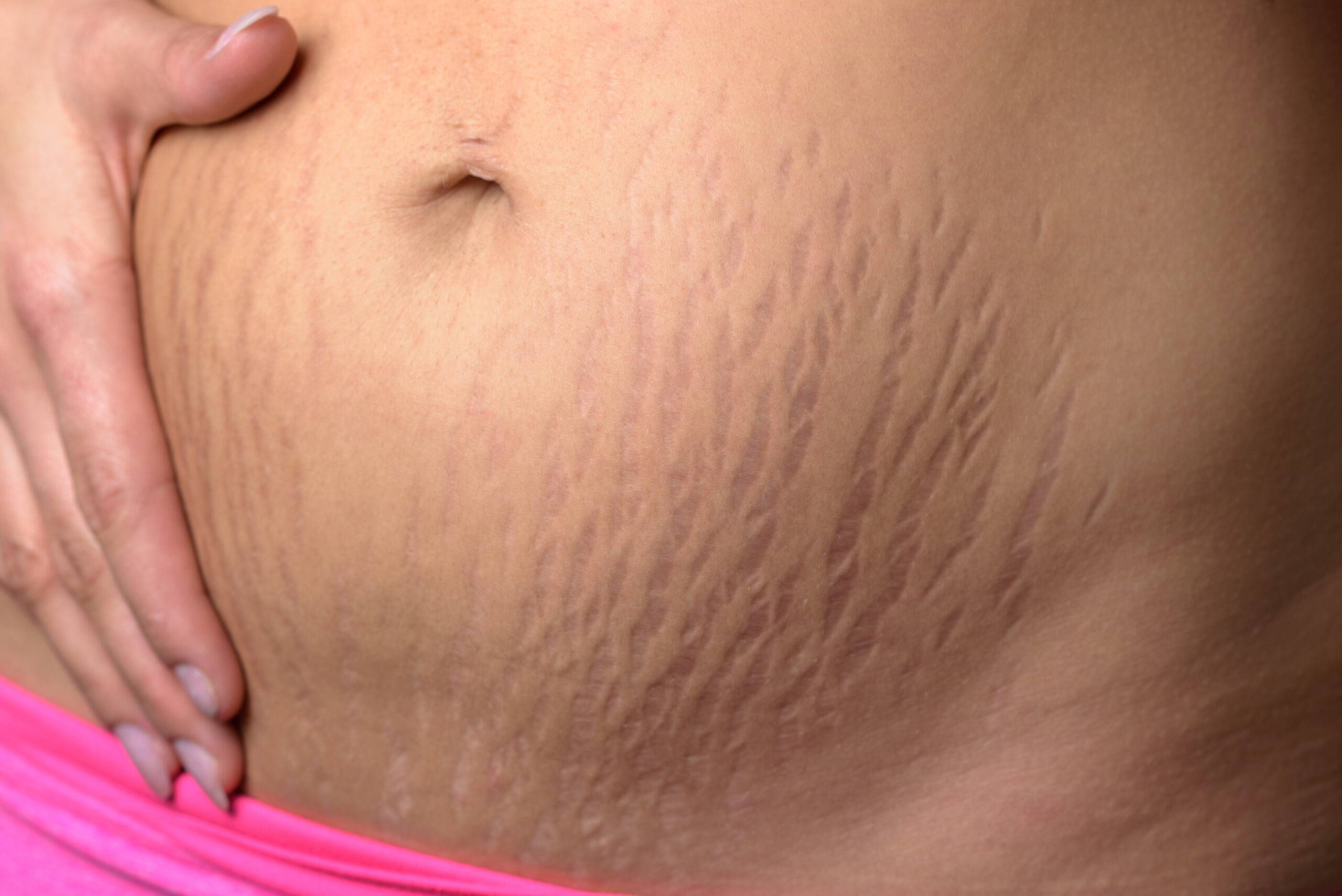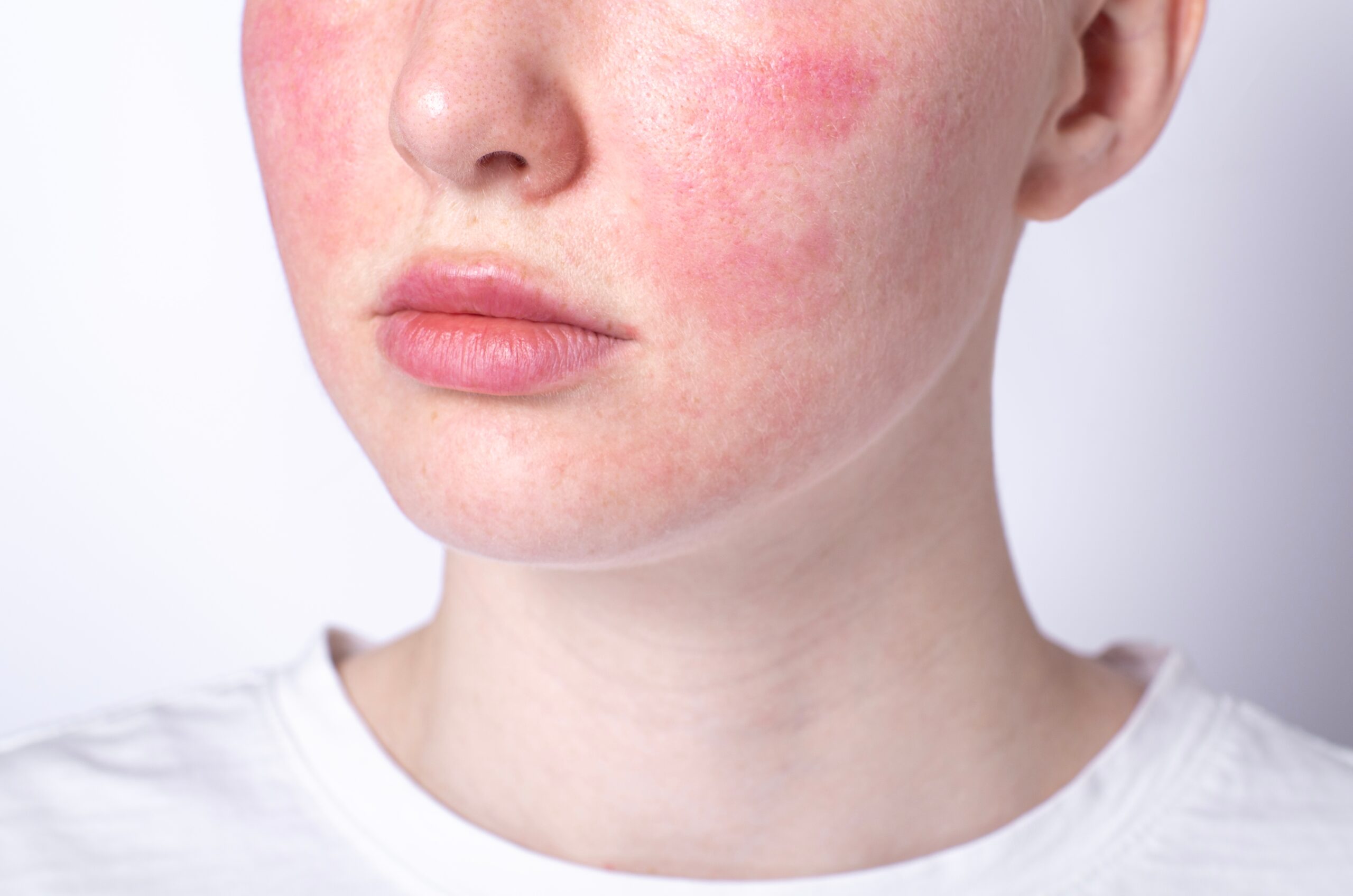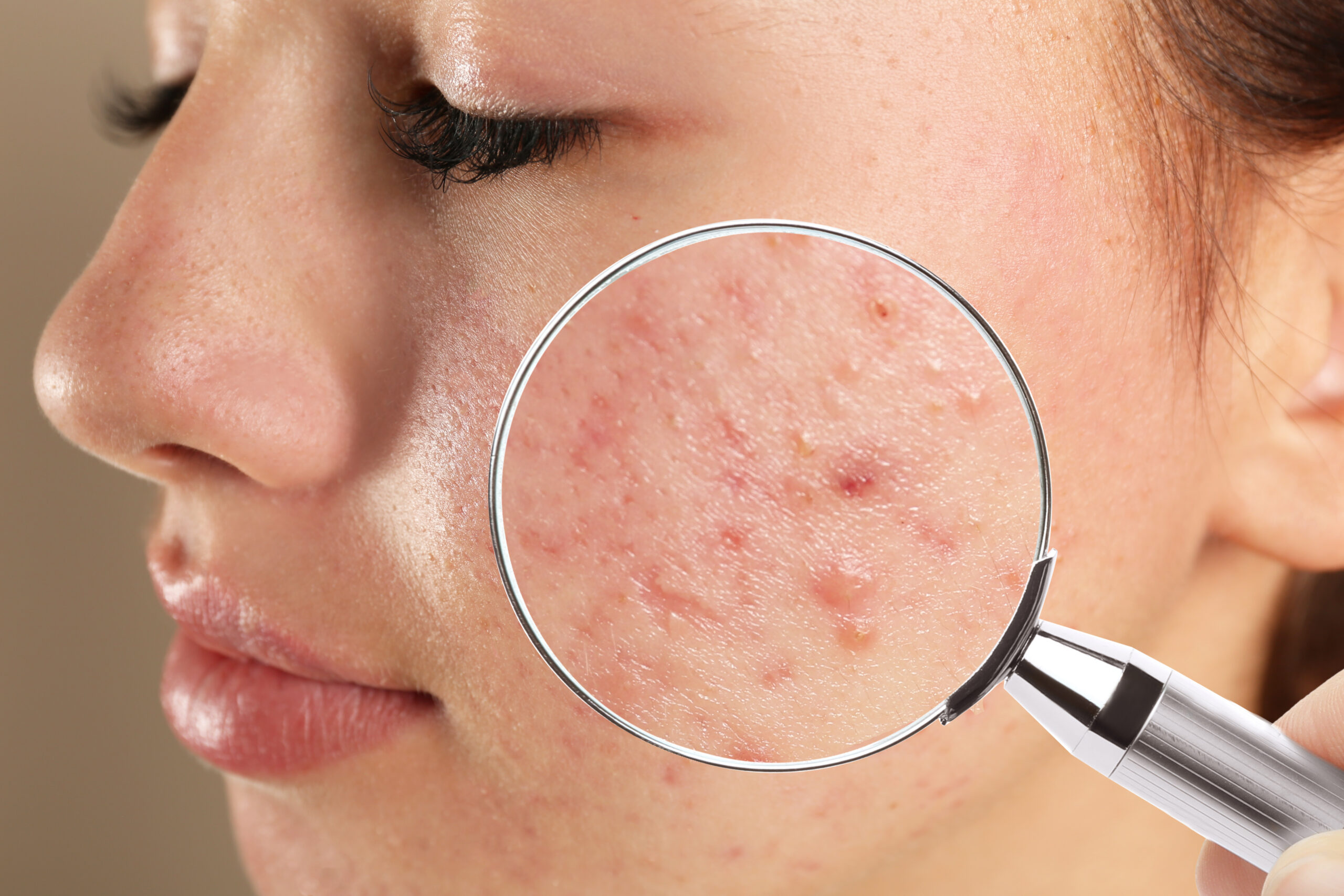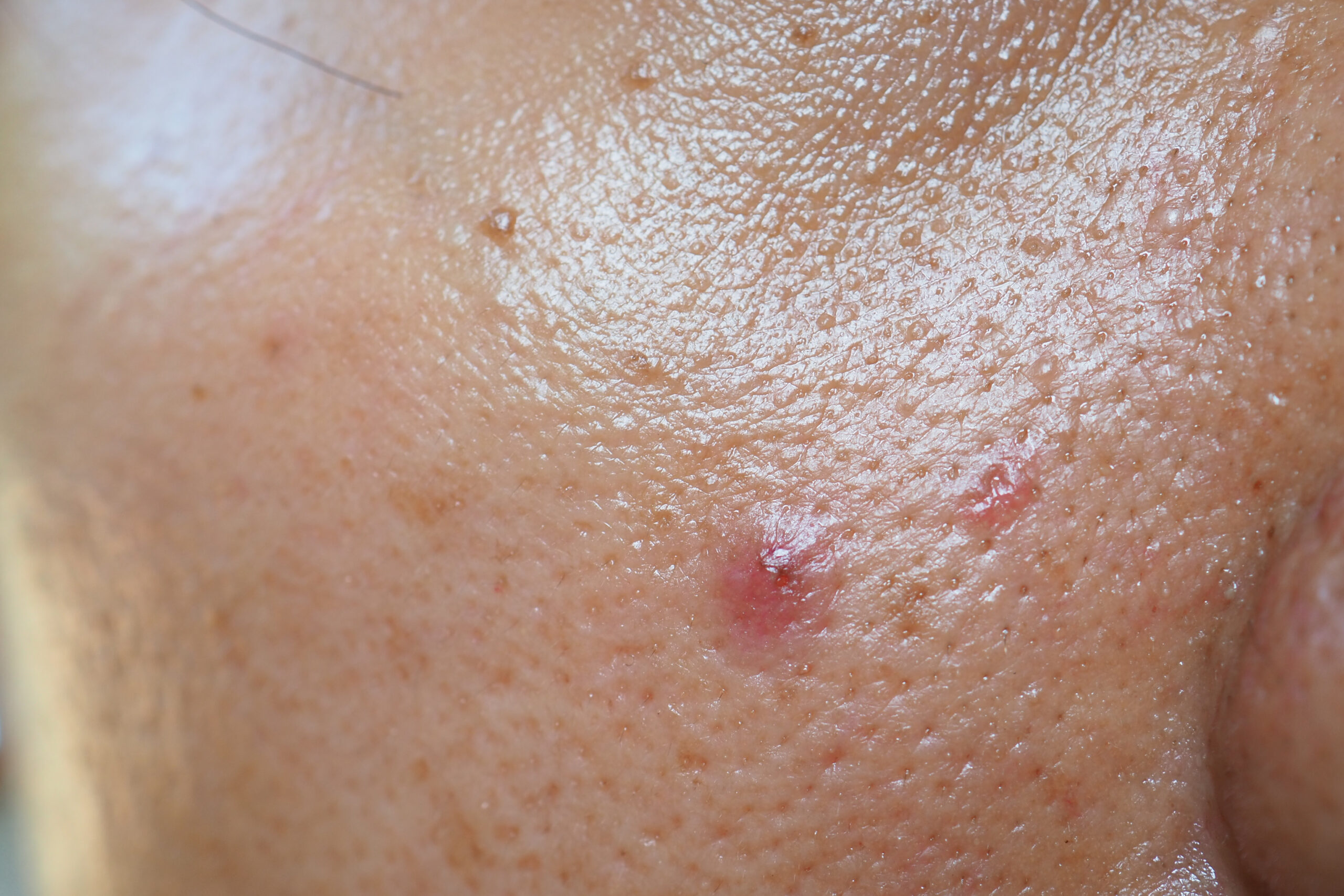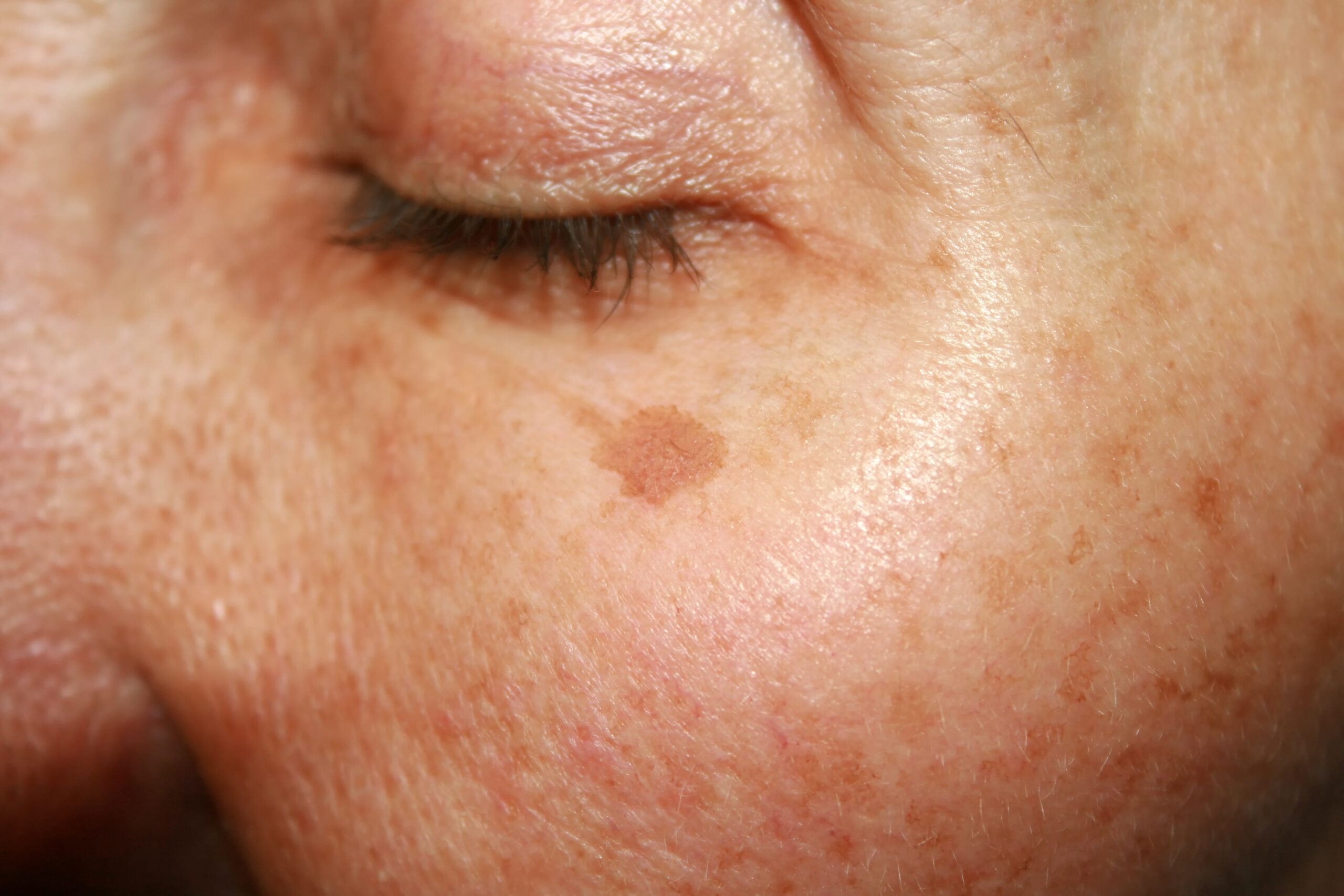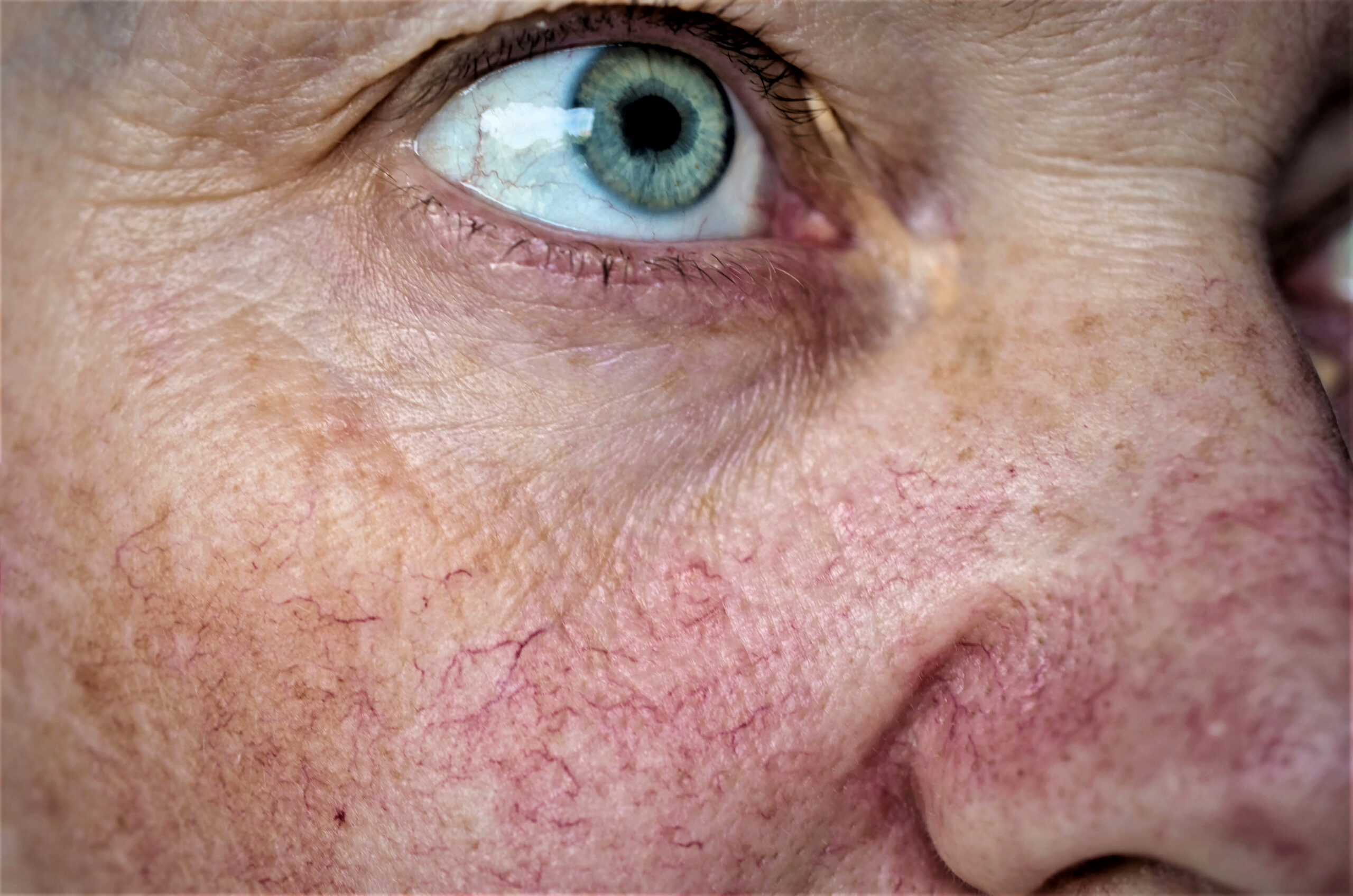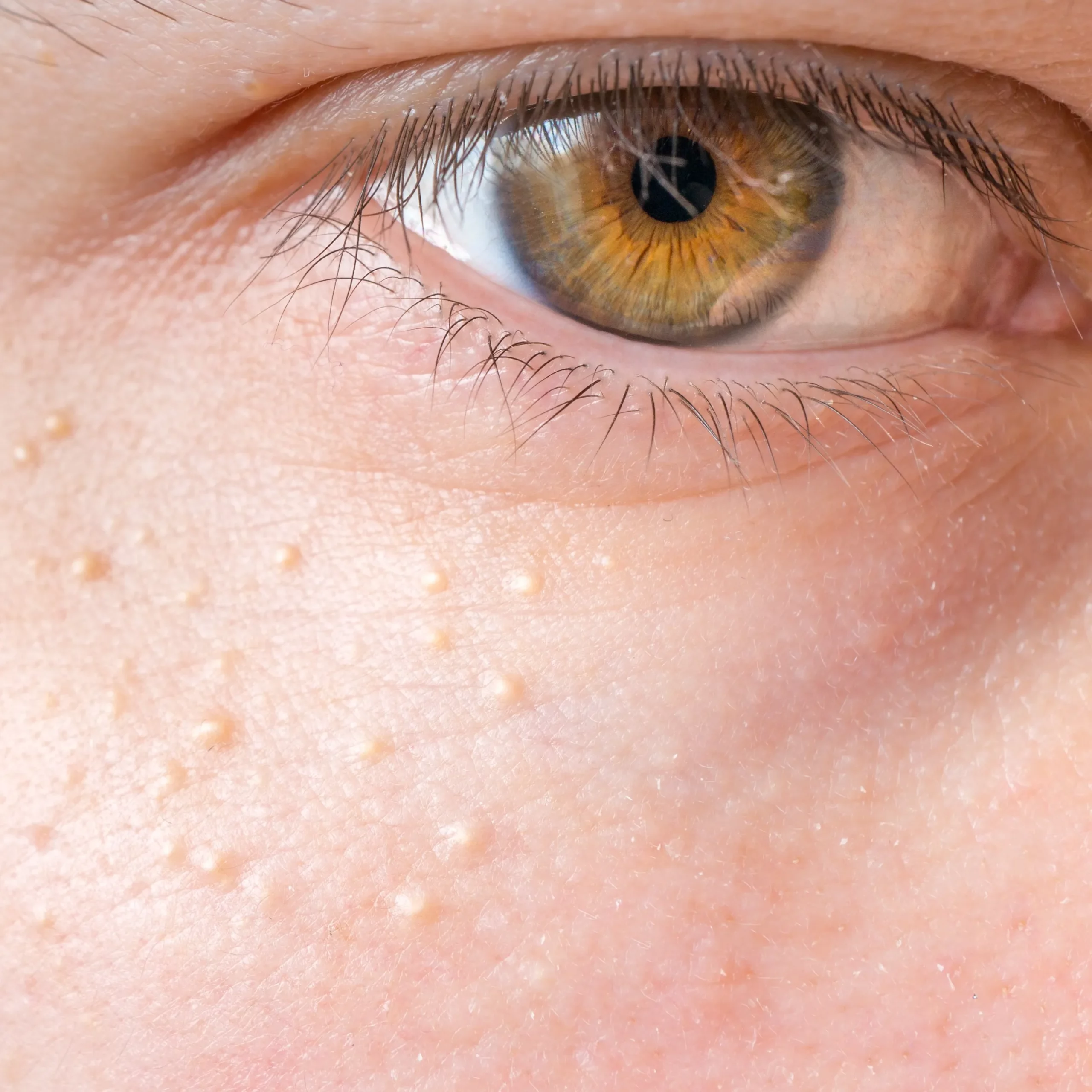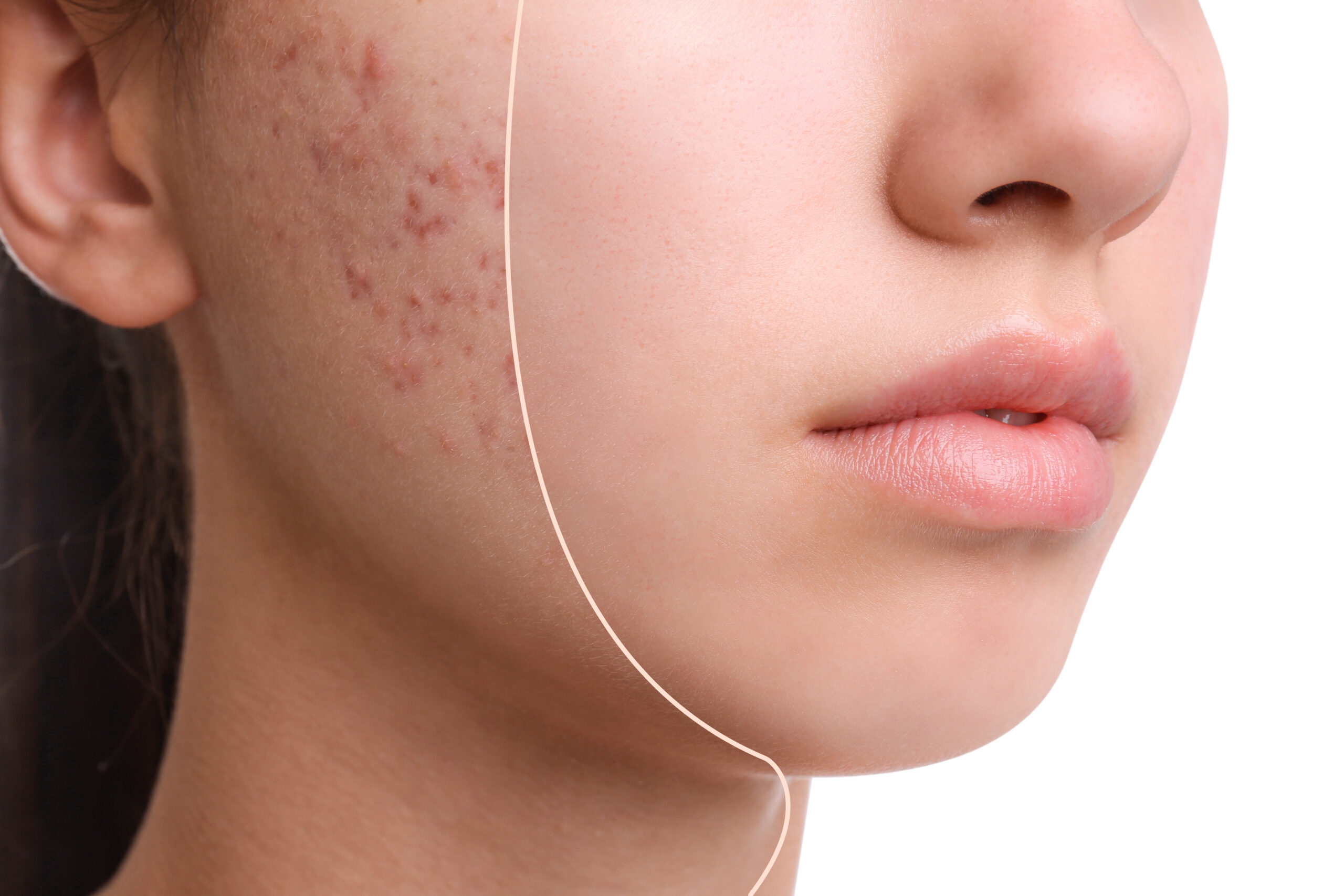Understanding Dermatitis: Causes, Symptoms, and Treatment
At Skin Cosmetics London, we recognize the significance of addressing dermatitis, a common skin condition that can cause discomfort and affect the overall health of your skin. Dermatitis refers to inflammation of the skin, and it can manifest in various forms, each with distinct causes and symptoms. Understanding dermatitis and its treatment options is essential for achieving optimal skin health and comfort.
Types of Dermatitis:
Atopic Dermatitis (Eczema): Atopic dermatitis is a chronic and often recurring form of dermatitis. It is characterized by red, itchy, and inflamed skin patches that may appear on the face, hands, arms, and other areas. Eczema is commonly associated with allergies and may be triggered by environmental factors or certain foods.
Contact Dermatitis: Contact dermatitis occurs when the skin comes into contact with irritants or allergens, leading to localized inflammation. It may result from exposure to chemicals, cosmetics, metals, or certain plants. Symptoms can include redness, itching, and the development of small blisters.
Seborrheic Dermatitis: Seborrheic dermatitis primarily affects areas of the skin with high sebum production, such as the scalp, face, and chest. It presents as red, flaky, and oily patches, and in severe cases, it can cause dandruff-like scales on the scalp.
Nummular Dermatitis: Nummular dermatitis is characterized by circular or oval-shaped patches of red, itchy skin. It often occurs in older adults and may be triggered by dry skin, frequent bathing, or insect bites.
Causes of Dermatitis:
The causes of dermatitis can vary depending on the specific type:
Genetics: Atopic dermatitis can be influenced by genetic factors, making individuals more prone to developing the condition if they have a family history of allergies or eczema.
Irritants and Allergens: Contact dermatitis is often caused by exposure to irritants or allergens, such as certain chemicals, cosmetics, or plants.
Environmental Factors: Certain environmental factors, such as cold weather, low humidity, and excessive heat, can trigger or exacerbate dermatitis symptoms.
Hormonal Changes: Hormonal changes can play a role in seborrheic dermatitis, particularly during adolescence, pregnancy, and other times of hormonal fluctuations.
Dermatitis Treatment:
At Skin Cosmetics London, our experienced dermatologists can provide effective treatment options for managing dermatitis and improving your skin’s health:
Topical Medications: Prescription and over-the-counter topical creams and ointments can help reduce inflammation, itching, and redness associated with dermatitis.
Emollients: Regularly applying emollients or moisturizers can help soothe and hydrate the skin, minimizing dryness and preventing flare-ups.
Anti-Inflammatory Treatments: For more severe cases, corticosteroids or other anti-inflammatory medications may be prescribed to reduce inflammation and alleviate symptoms.
Avoiding Triggers: Identifying and avoiding triggers, such as specific allergens or irritants, can play a crucial role in preventing dermatitis flare-ups.
Skincare Regimen: Our skincare specialists can recommend suitable skincare products that are gentle and compatible with your skin type, helping to maintain healthy skin and prevent irritations.
Lifestyle Changes: Making lifestyle adjustments, such as managing stress, avoiding harsh soaps, and maintaining good hygiene, can support healthier skin and potentially reduce dermatitis symptoms.
If you are experiencing symptoms of dermatitis or have concerns about your skin health, we encourage you to schedule a consultation with our dermatology experts at Skin Cosmetics London. Our specialists will conduct a thorough evaluation, diagnose the type of dermatitis you have, and create a personalized treatment plan to address your specific needs. Our goal is to provide you with effective solutions for dermatitis management, helping you achieve comfortable, healthy, and beautiful skin.

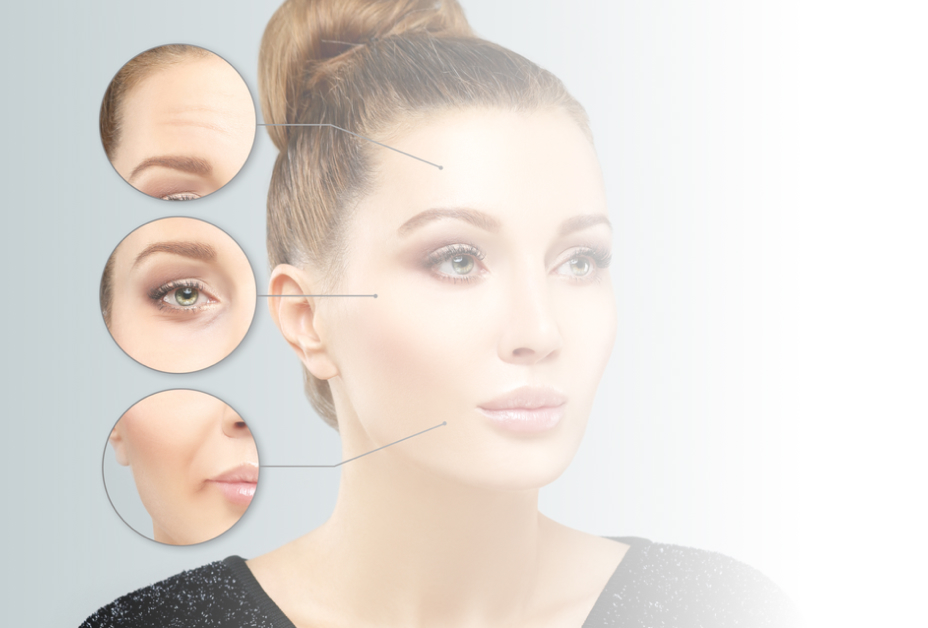
BOOK FREE CONSULTATION
Book your Free, No-Obligation Consultation or Skin Analysis





what we do
video










CLEAR YOUR DOUBTS
Frequently Asked Questions
What is Dermatitis (eczema)?
Dermatitis, also commonly known as eczema, is a chronic skin condition characterized by inflammation, itching, and redness. It is a prevalent skin disorder that can affect people of all ages, and its severity can range from mild to severe. Eczema is not contagious and is often linked to a combination of genetic and environmental factors.
Symptoms of Dermatitis (Eczema):
The symptoms of eczema can vary from person to person, but common signs include:
Itching: Intense itching is one of the hallmark symptoms of eczema. The affected skin may become intensely itchy, leading to scratching, which can worsen the inflammation.
Redness and Inflammation: Eczema-prone skin appears red and inflamed. The affected areas may become swollen and feel warm to the touch.
Dryness and Scaling: The skin affected by eczema often becomes dry, rough, and scaly. In severe cases, it may crack or even weep clear fluid.
Rashes or Patches: Eczema can manifest as rashes or patches on various parts of the body, such as the face, hands, elbows, knees, and ankles.
Thickened Skin: Over time, constant scratching can cause the skin to thicken and develop a leathery texture, especially in chronic cases.
Blisters or Crusts: In more severe cases, eczema can lead to the development of blisters, oozing or crusting, which may be prone to infection.
Causes of Dermatitis (Eczema):
The exact cause of eczema is not fully understood, but it is believed to be influenced by a combination of genetic, immune system, and environmental factors. Some common triggers and risk factors for eczema include:
Genetics: Family history of eczema, asthma, or allergies may increase the likelihood of developing eczema.
Immune System Dysfunction: Abnormal immune responses in the skin may contribute to eczema flare-ups.
Environmental Allergens: Exposure to allergens like pollen, pet dander, mold, or dust mites can trigger or worsen eczema symptoms.
Irritants: Certain irritants, such as harsh soaps, detergents, fragrances, and chemicals, can exacerbate eczema.
Weather and Climate: Cold, dry weather or excessive heat can dry out the skin and trigger eczema flare-ups.
Stress: Emotional stress can be a contributing factor in some individuals experiencing eczema flare-ups.
Treatment of Dermatitis (Eczema):
While there is no cure for eczema, various treatment options can effectively manage the symptoms and provide relief:
Topical Corticosteroids: These are anti-inflammatory creams or ointments that can help reduce redness and itching during flare-ups.
Moisturizers (Emollients): Regularly applying moisturizers helps keep the skin hydrated, preventing dryness and reducing the risk of flare-ups.
Topical Immune Modulators: These non-steroidal creams or ointments help control inflammation in mild to moderate eczema.
Antihistamines: Oral antihistamines may be prescribed to help relieve itching and improve sleep during flare-ups.
Avoiding Triggers: Identifying and avoiding triggers that worsen eczema can play a crucial role in managing the condition.
Wet Wraps: In severe cases, wet wrap therapy can be used to provide intense hydration and alleviate symptoms.
Stress Management: Strategies for managing stress can be beneficial in reducing eczema flare-ups.
At Skin Cosmetics London, our dermatology experts are skilled in diagnosing and managing eczema. We provide personalized treatment plans tailored to each individual’s needs, helping them achieve more comfortable and healthier skin. If you are experiencing symptoms of eczema or have concerns about your skin health, we encourage you to schedule a consultation with us. Our team is committed to providing effective solutions and supporting you on your journey to better skin health.
What steps are involved in Dermatitis (eczema) treatment?
Steps Involved in Dermatitis (Eczema) Treatment
At Skin Cosmetics London, our approach to treating dermatitis (eczema) is focused on providing personalized care to effectively manage the symptoms and improve your skin’s health. Our dermatology experts will guide you through each step of the treatment process, ensuring that you receive the best possible care for your condition. Here are the typical steps involved in dermatitis (eczema) treatment:
1. Initial Consultation:
The first step is to schedule an initial consultation with one of our dermatology specialists. During this consultation, we will conduct a comprehensive evaluation of your skin, discuss your medical history, and assess the severity and type of eczema you are experiencing.
2. Skin Analysis and Diagnosis:
Our dermatologists will perform a thorough skin analysis to accurately diagnose your eczema and identify any triggers or aggravating factors. Understanding the specific type and characteristics of your eczema is crucial in determining the most appropriate treatment plan for your needs.
3. Treatment Plan Development:
Based on the skin analysis and diagnosis, our experts will develop a personalized treatment plan tailored to address your specific eczema concerns. The treatment plan may include various approaches to effectively manage and alleviate eczema symptoms.
4. Topical Medications:
Depending on the severity of your eczema, our specialists may prescribe topical medications, such as corticosteroids or non-steroidal creams, to reduce inflammation, itching, and redness during flare-ups.
5. Emollients and Moisturizers:
Regularly applying emollients and moisturizers helps keep your skin hydrated, prevent dryness, and reduce the risk of eczema flare-ups. Our experts will recommend suitable products for your skin type.
6. Avoiding Triggers:
Identifying and avoiding triggers that worsen your eczema is essential for effective management. Our dermatologists will help you recognize potential allergens or irritants in your environment and daily routines.
7. Lifestyle Modifications:
Making certain lifestyle modifications, such as managing stress and maintaining good hygiene practices, can support healthier skin and potentially reduce eczema symptoms.
8. Follow-Up Appointments:
Throughout the treatment process, we will schedule follow-up appointments to monitor your skin’s progress and assess the effectiveness of the treatments. These appointments allow us to make any necessary adjustments to your treatment plan and provide ongoing support.
9. Education and Aftercare:
Our dermatology experts will provide you with essential education and aftercare instructions to manage your eczema effectively. This includes guidance on skincare routines, using prescribed medications properly, and recognizing potential triggers.
10. Ongoing Skincare Support:
At Skin Cosmetics London, we are dedicated to providing ongoing skincare support. If you have any questions or concerns about your eczema or treatment, our experienced specialists are here to assist you and provide expert guidance.
Our goal is to help you achieve more comfortable and healthier skin by effectively managing your eczema. If you are experiencing symptoms of eczema or have concerns about your skin health, we encourage you to schedule a consultation with our dermatology experts. Let us provide you with personalized care and effective solutions for your eczema, supporting you on your journey to better skin health and improved quality of life.
How does Dermatitis (eczema) treatment work?
How Dermatitis (Eczema) Treatment Works
Dermatitis (eczema) treatment at Skin Cosmetics London aims to effectively manage the symptoms and improve the overall health of your skin. Our approach involves a combination of targeted therapies and lifestyle modifications, tailored to your specific type and severity of eczema. Here’s how dermatitis treatment works:
1. Diagnosis and Assessment:
The first step in eczema treatment is a thorough diagnosis and assessment by our dermatology experts. We will carefully examine your skin, discuss your medical history, and identify any triggers or aggravating factors that may contribute to your eczema flare-ups.
2. Identification of Triggers:
Understanding the triggers for your eczema is crucial in designing an effective treatment plan. We will work with you to identify potential allergens or irritants in your environment, skincare products, or daily routines that may worsen your eczema symptoms.
3. Personalized Treatment Plan:
Based on the diagnosis and assessment, our dermatologists will create a personalized treatment plan that addresses your specific eczema concerns. The plan may involve a combination of therapies to target inflammation, itching, and dryness associated with eczema.
4. Topical Medications:
Topical medications are a common treatment approach for eczema. Prescription or over-the-counter corticosteroid creams or ointments are often used during flare-ups to reduce inflammation and relieve itching. Non-steroidal creams or ointments may also be recommended for milder cases.
5. Emollients and Moisturizers:
Keeping the skin well-hydrated is essential in eczema management. Our experts will recommend suitable emollients and moisturizers for your skin type to help prevent dryness and maintain the skin’s natural barrier.
6. Avoidance of Triggers:
To prevent eczema flare-ups, we will guide you in avoiding triggers identified during the assessment. This may involve changes in skincare products, lifestyle adjustments, or environmental modifications.
7. Lifestyle Modifications:
Making certain lifestyle modifications can positively impact eczema management. Stress management techniques, maintaining good hygiene, and choosing appropriate clothing materials are examples of lifestyle adjustments that can support healthier skin.
8. Follow-Up and Monitoring:
Throughout the treatment process, we will schedule follow-up appointments to monitor your skin’s progress and assess the effectiveness of the treatments. We may make adjustments to your treatment plan as needed to achieve the best results.
9. Education and Aftercare:
Our dermatology experts will provide you with essential education and aftercare instructions to effectively manage your eczema. This includes guidance on skincare routines, proper use of prescribed medications, and recognizing potential triggers.
10. Ongoing Skincare Support:
At Skin Cosmetics London, we are committed to providing ongoing skincare support. If you have any questions or concerns about your eczema or treatment, our experienced specialists are here to assist you and provide expert guidance.
Dermatitis (eczema) treatment aims to alleviate symptoms, prevent flare-ups, and improve your quality of life. By combining targeted therapies, avoiding triggers, and maintaining healthy skincare practices, our goal is to help you achieve more comfortable and healthier skin. If you are experiencing symptoms of eczema or have concerns about your skin health, we encourage you to schedule a consultation with our dermatology experts. Let us provide you with personalized care and effective solutions for your eczema, supporting you on your journey to better skin health and well-being.
Why should I treat my Dermatitis (eczema)?
Treating your dermatitis (eczema) is crucial for several reasons, as effective management can significantly improve your skin health and overall quality of life. Ignoring or neglecting to treat eczema can lead to various complications and discomfort. At Skin Cosmetics London, we emphasize the importance of eczema treatment and its positive impact on your well-being. Here are compelling reasons why you should seek treatment for your dermatitis (eczema):
1. Relieve Itching and Discomfort: Eczema is often accompanied by intense itching, which can be extremely uncomfortable and disruptive to daily life. By treating eczema, you can significantly reduce itching and discomfort, leading to improved comfort and better sleep.
2. Reduce Inflammation and Redness: Eczema-prone skin is characterized by redness and inflammation. Appropriate treatment helps to reduce these symptoms, leading to a calmer and less inflamed complexion.
3. Prevent Flare-Ups: Treating eczema can help prevent frequent and severe flare-ups. Regular care and adherence to treatment plans can reduce the likelihood of sudden exacerbations of eczema symptoms.
4. Minimize Skin Dryness and Scaling: Eczema often causes dry, rough, and scaly skin patches. Effective treatment helps to hydrate the skin and minimize scaling, improving overall skin texture and appearance.
5. Improve Skin Function and Barrier: Eczema compromises the skin’s natural barrier, making it more susceptible to irritants and allergens. Treatment helps to restore the skin’s function and enhance its protective barrier against external factors.
6. Prevent Skin Infections: Scratching eczema-prone skin can create open sores, increasing the risk of skin infections. Proper treatment helps to control itching, reducing the chances of secondary infections.
7. Enhance Self-Confidence: Eczema can be distressing and affect self-esteem. Treating your eczema can improve your self-confidence and quality of life, allowing you to feel more comfortable and at ease in your skin.
8. Improve Sleep Quality: By reducing itching and discomfort, eczema treatment can lead to better sleep quality. Improved rest can have positive effects on your physical and emotional well-being.
9. Prevent Long-Term Skin Damage: Untreated or poorly managed eczema can lead to chronic skin changes, such as thickened and leathery skin. Timely treatment can help prevent long-term damage and maintain healthier skin.
10. Support Overall Skin Health: Addressing eczema through appropriate treatment supports the overall health of your skin. A well-managed skin condition is less prone to other skin issues and complications.
11. Better Response to Skincare: By treating eczema, your skin will be in a better condition to respond to skincare products effectively. A healthier skin barrier enhances the efficacy of skincare routines.
12. Personal Well-Being: Effective eczema management can positively impact your emotional well-being. A reduction in symptoms can lead to increased happiness and a better quality of life.
At Skin Cosmetics London, our dermatology experts are dedicated to providing personalized eczema treatment plans that address your specific needs. We believe in empowering you with effective solutions to manage your eczema, improve your skin health, and enhance your overall well-being. If you are experiencing symptoms of eczema or have concerns about your skin, we encourage you to seek treatment and schedule a consultation with us. Let us help you on your journey to healthier and more comfortable skin.
Who is suitable for Dermatitis (eczema) treatment?
Dermatitis (eczema) treatment is suitable for individuals who experience symptoms of eczema and wish to manage and improve their skin condition. Eczema can affect people of all ages, from infants to older adults, and seeking appropriate treatment is essential for effective management. If you or your loved ones experience any of the following eczema symptoms, you may be suitable for dermatitis (eczema) treatment:
1. Itching and Discomfort: If you have persistent itching and discomfort on your skin, especially in localized areas like the hands, arms, face, or behind the knees, it may indicate eczema.
2. Red, Inflamed Skin Patches: Eczema-prone skin often appears red and inflamed, with areas that may be swollen or feel warm to the touch.
3. Dry, Rough, and Scaly Skin: If you notice dry, rough, and scaly skin patches that are prone to cracking, especially during colder weather, it could be a sign of eczema.
4. Recurring Rash or Patches: Eczema tends to recur and may appear as patches or rashes that come and go over time.
5. Family History of Eczema: If you have a family history of eczema, allergies, or asthma, you may be more predisposed to developing eczema.
6. Sensitivity to Allergens or Irritants: Individuals who have heightened sensitivity to certain allergens, such as pollen, pet dander, or irritants like harsh chemicals, may be more susceptible to eczema flare-ups.
7. Inflammatory Skin Conditions: Eczema is a type of inflammatory skin condition, and if you have other skin issues characterized by inflammation, it’s essential to explore the possibility of eczema.
8. Itchy, Oozing Blisters: In severe cases of eczema, small, itchy, and oozing blisters may develop, leading to further discomfort.
9. Compromised Skin Barrier: Eczema often compromises the skin’s natural barrier, making it more susceptible to irritants and allergens.
10. Unexplained Skin Changes: If you notice unexplained changes in your skin’s appearance, such as thickening or leathery texture, it may indicate chronic eczema.
If you experience any of the above symptoms or suspect you have eczema, seeking dermatitis (eczema) treatment is recommended. Our experienced dermatology experts at Skin Cosmetics London can provide a comprehensive assessment, accurately diagnose your eczema type, and create a personalized treatment plan to address your specific needs.
It’s important to remember that early diagnosis and proper management of eczema can lead to improved skin health and a better quality of life. If you have concerns about your skin health or suspect you may have eczema, we encourage you to schedule a consultation with our dermatology experts. Let us help you on your journey to effectively manage your eczema and achieve healthier, more comfortable skin.
What results can I expect to see?
The results of dermatitis (eczema) treatment can vary depending on several factors, including the severity of your eczema, the specific treatment methods used, your skin type, lifestyle habits, and how well you adhere to the recommended aftercare instructions. While individual responses may differ, here are some common results you can expect to see after undergoing dermatitis (eczema) treatment:
1. Reduced Itching and Discomfort: One of the primary goals of eczema treatment is to reduce itching and discomfort. With effective management, you can expect a significant reduction in the intensity and frequency of itching, leading to improved comfort and better sleep.
2. Diminished Redness and Inflammation: Treating eczema can help reduce the redness and inflammation associated with the condition. Your skin may appear calmer, with a decrease in visible signs of irritation.
3. Improved Skin Texture: Regular moisturization and proper treatment can lead to improved skin texture. Dry, rough, and scaly patches may become smoother and less noticeable.
4. Fewer Flare-Ups: By identifying and avoiding triggers, as well as adhering to treatment plans, you can expect a reduction in the frequency and severity of eczema flare-ups.
5. Enhanced Skin Barrier: Effective eczema management supports the restoration of the skin’s natural barrier, making it more resilient against irritants and allergens.
6. Better Skincare Efficacy: With healthier skin, your skincare products can penetrate more effectively, maximizing their benefits for other skin concerns.
7. Enhanced Self-Confidence: As your eczema symptoms improve, you may experience increased self-confidence and a greater sense of well-being.
8. Prevention of Skin Complications: By treating eczema, you can reduce the risk of potential skin complications, such as infections from scratching.
9. Improved Quality of Life: With decreased itching and discomfort, improved skin health, and better sleep, your overall quality of life is likely to improve.
It’s important to note that individual results can vary, and eczema may require ongoing management and occasional maintenance treatments. While eczema is a chronic condition, proper treatment and care can significantly enhance your skin’s health and comfort.
At Skin Cosmetics London, our dermatology experts are committed to providing you with personalized eczema treatment plans and ongoing support to help you achieve the best possible results. We will work closely with you to address your specific eczema concerns and optimize your treatment outcomes.
If you have eczema symptoms or concerns about your skin health, we encourage you to schedule a consultation with our dermatology specialists. Let us help you on your journey to managing your eczema effectively and achieving healthier, more comfortable skin.
How long will the results last?
The duration of results from dermatitis (eczema) treatment can vary depending on several factors, including the type and severity of eczema, the effectiveness of the treatment plan, your skin’s response to treatment, and how well you adhere to aftercare and maintenance routines. While eczema is a chronic condition, proper management can lead to long-lasting improvements and a reduction in flare-ups. Here are some considerations regarding the duration of results:
1. Chronic Condition: Eczema is considered a chronic condition, which means that while it can be effectively managed, it may not be completely cured. For this reason, long-term management and regular skincare routines are essential to maintaining results.
2. Adherence to Treatment: Consistently following your prescribed treatment plan and adhering to aftercare instructions can contribute to longer-lasting results. Regular use of prescribed medications, moisturizers, and avoidance of triggers are key components of effective management.
3. Individual Skin Response: Each person’s skin is unique, and individual responses to treatment may vary. Some individuals may experience longer periods of remission between flare-ups, while others may require more frequent management.
4. Trigger Avoidance: Identifying and avoiding triggers that worsen your eczema is vital in preventing flare-ups and maintaining results. Understanding your personal triggers and making lifestyle adjustments can have a significant impact on the longevity of results.
5. Seasonal Variations: Eczema symptoms may fluctuate with seasonal changes, with some individuals experiencing more frequent flare-ups during certain times of the year. Adjusting your skincare routine and treatment plan accordingly can help manage these seasonal variations.
6. Lifestyle Factors: Your lifestyle habits, stress levels, diet, and overall health can influence the frequency and severity of eczema flare-ups. Maintaining a healthy lifestyle and managing stress can contribute to better long-term results.
7. Follow-Up Appointments: Regular follow-up appointments with your dermatology specialist at Skin Cosmetics London allow for ongoing evaluation of your skin’s condition and any necessary adjustments to your treatment plan. Staying in touch with our experts ensures continuous support and optimal management.
While there is no definitive timeline for how long the results of eczema treatment will last, the goal of effective management is to achieve prolonged periods of remission and minimize the impact of eczema on your daily life. By collaborating with our dermatology experts and proactively managing your eczema, you can optimize the duration of results and enjoy healthier, more comfortable skin.
If you have eczema symptoms or concerns about your skin health, we encourage you to schedule a consultation with our dermatology specialists at Skin Cosmetics London. Our team is dedicated to providing personalized care and support to help you effectively manage your eczema and maintain results for as long as possible.




WHAT PEOPLE SAY
Client Testimonials








 Skin is beautiful thing. Wear it well.
Skin is beautiful thing. Wear it well.